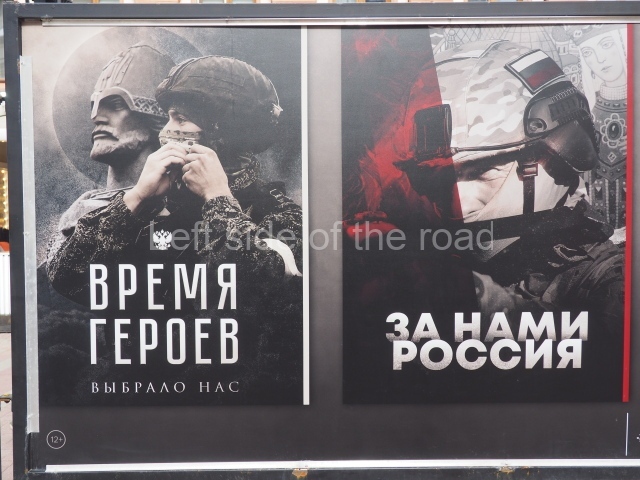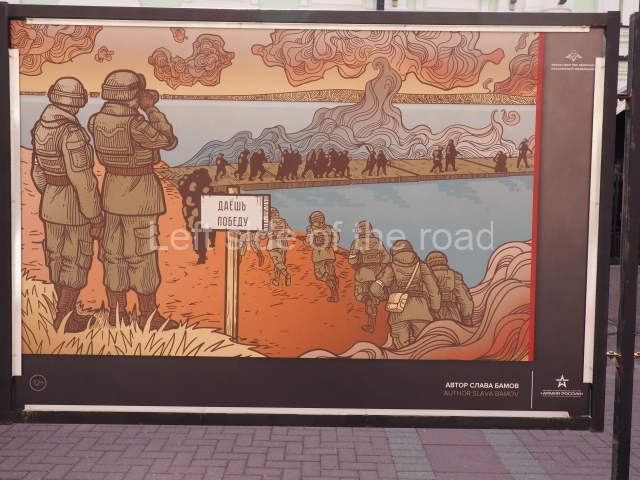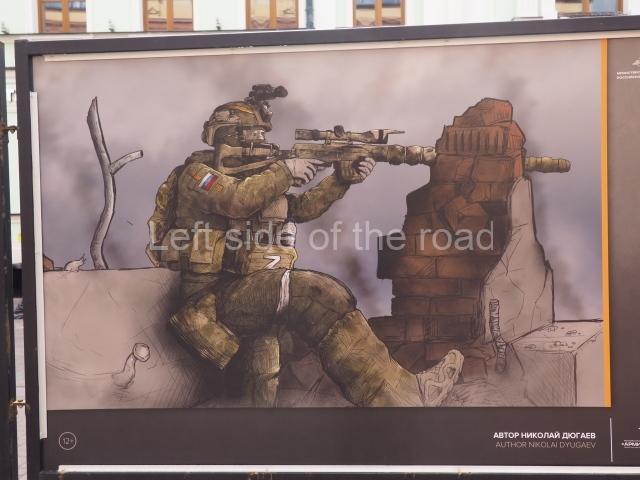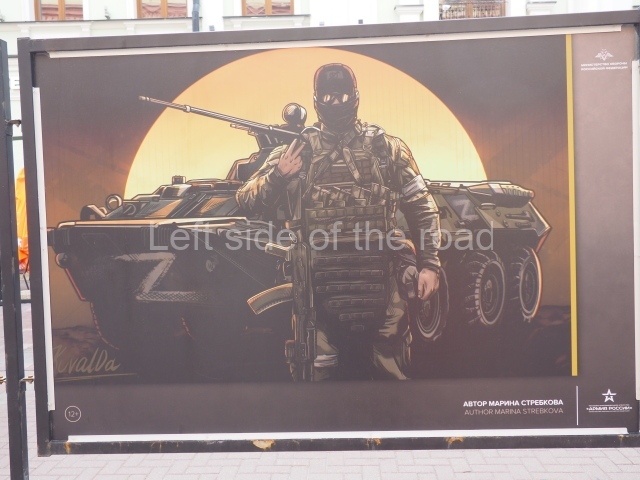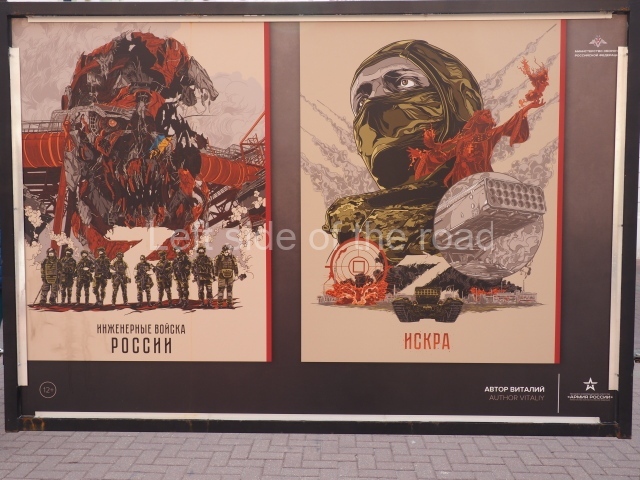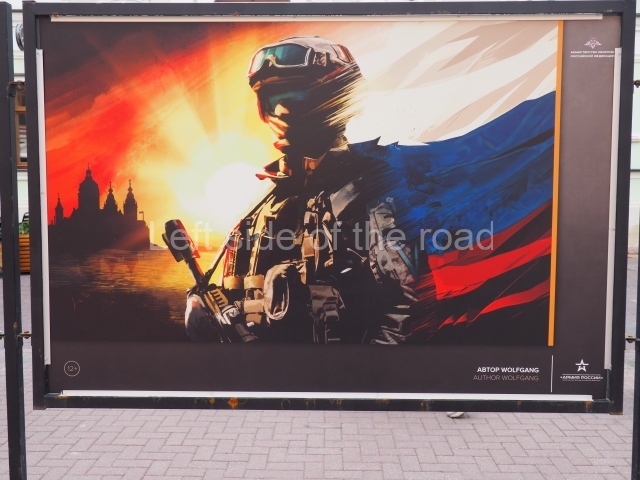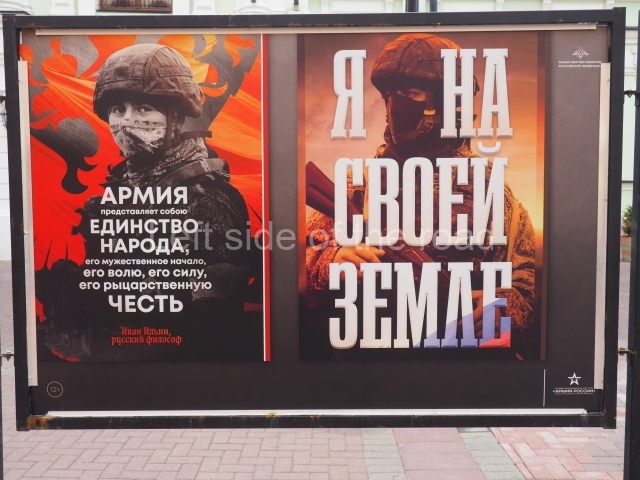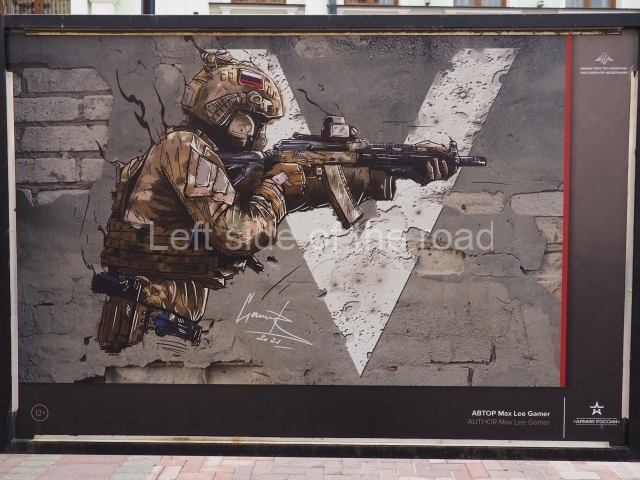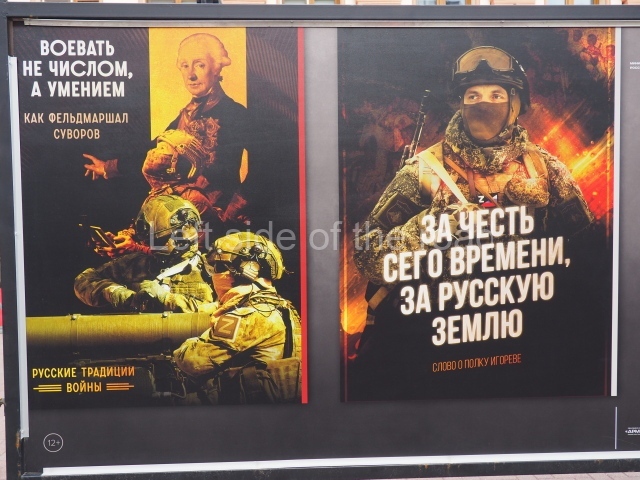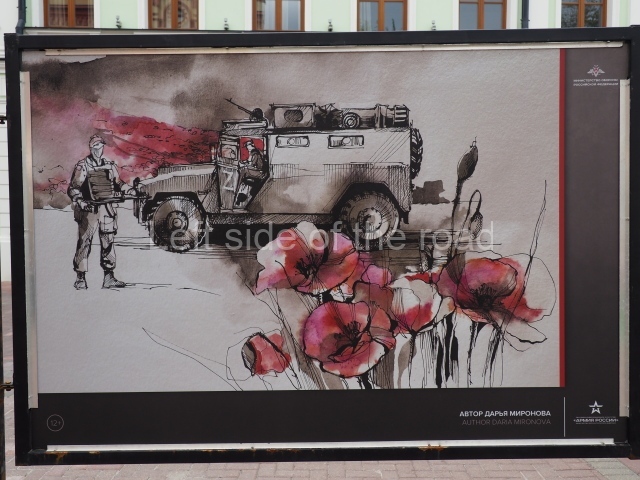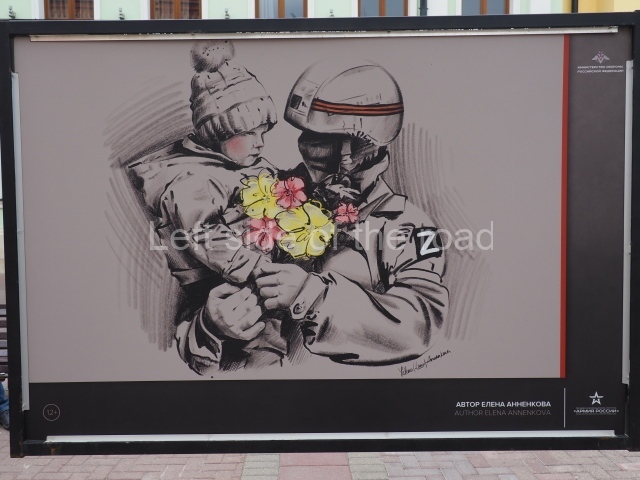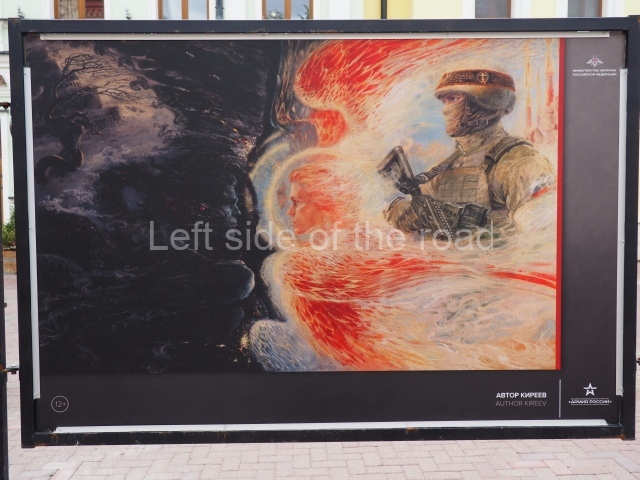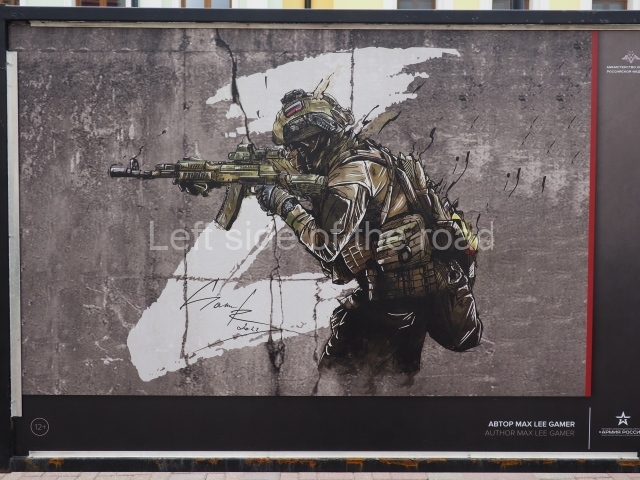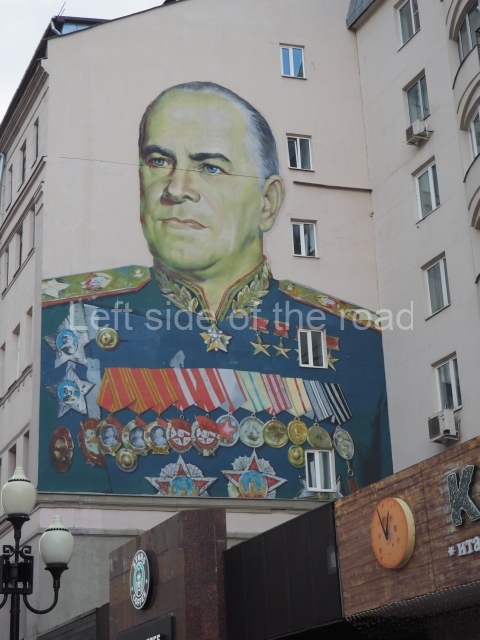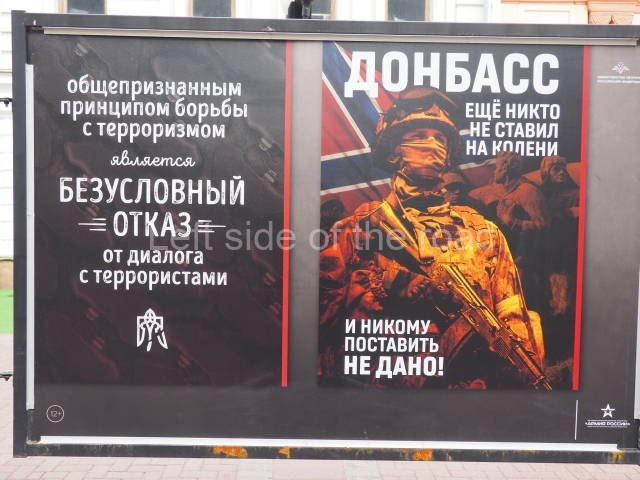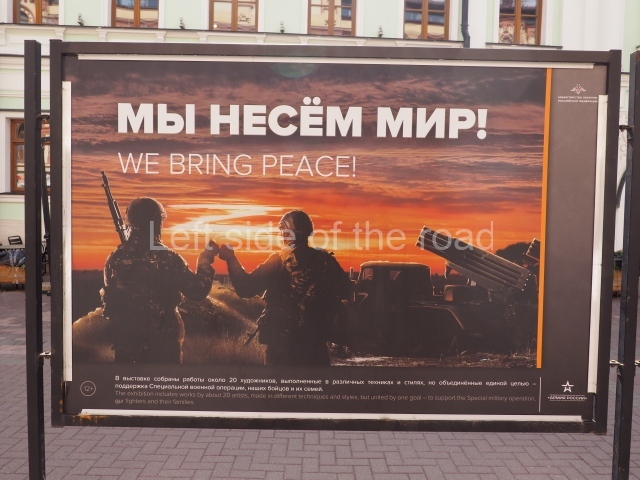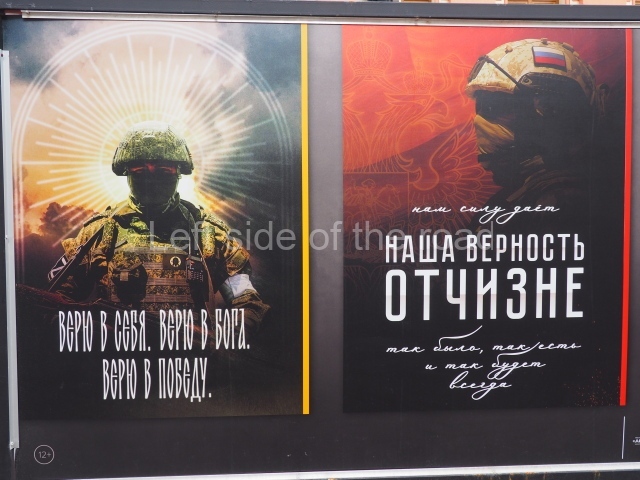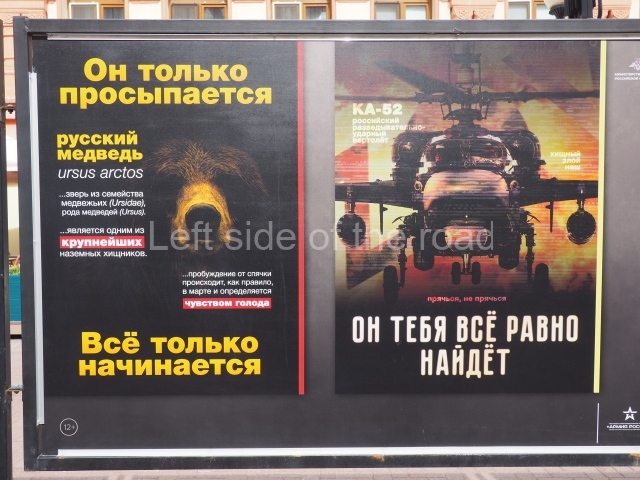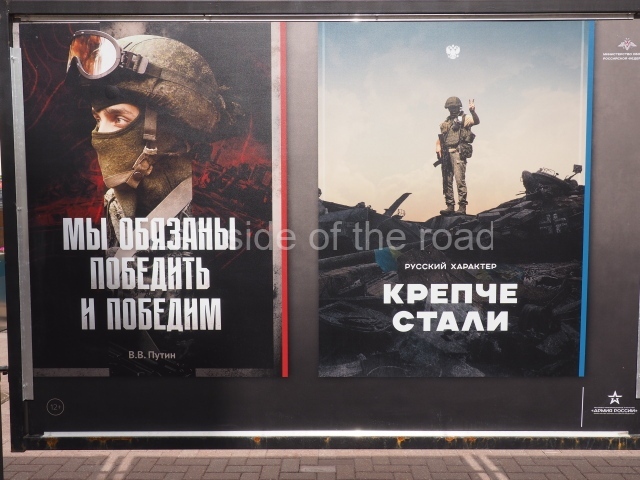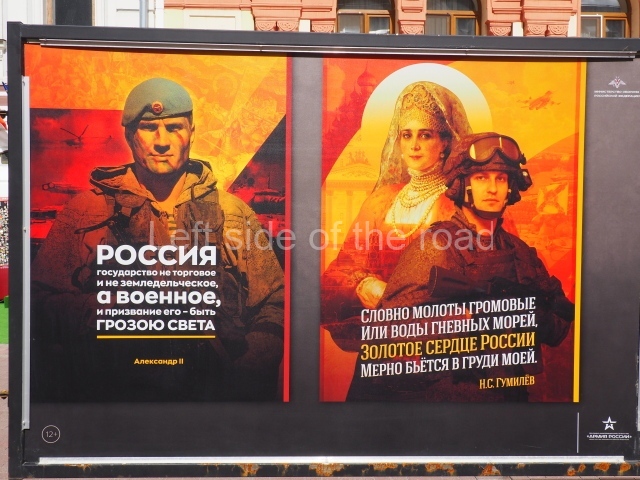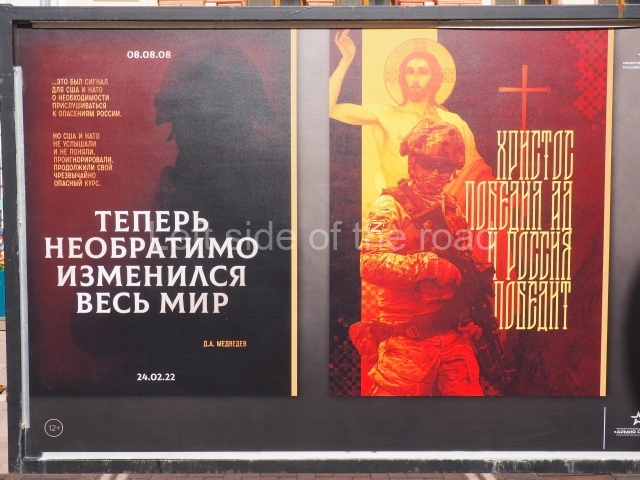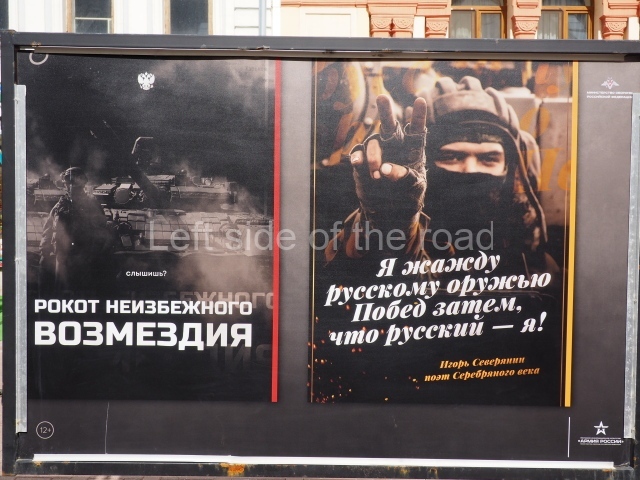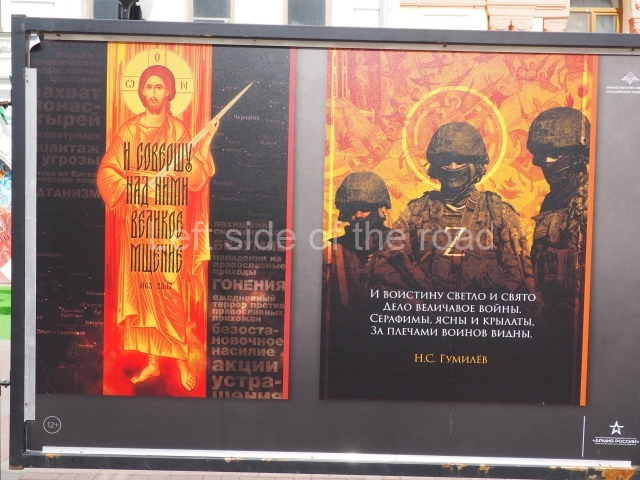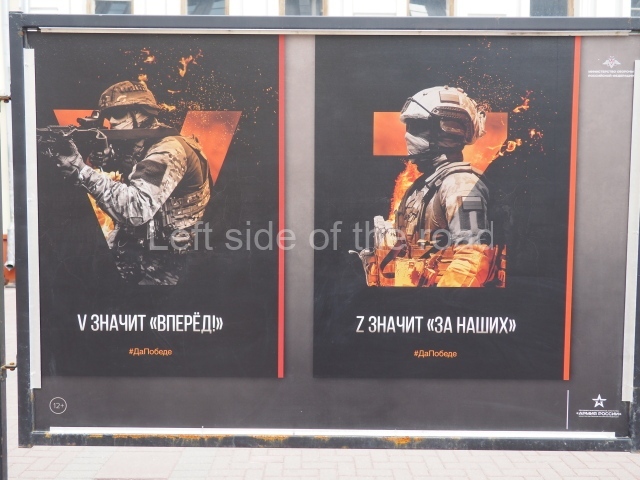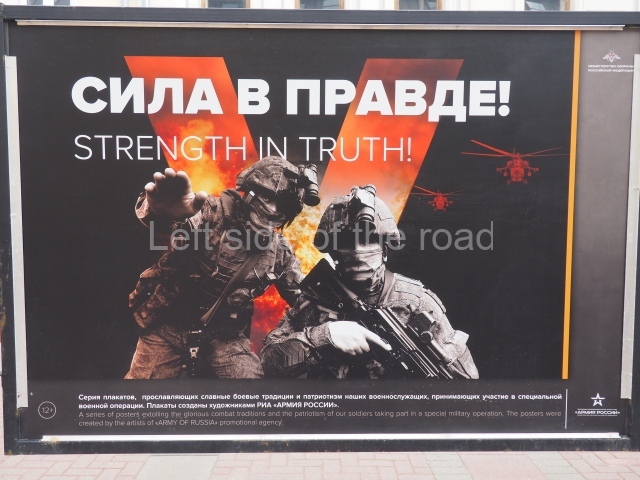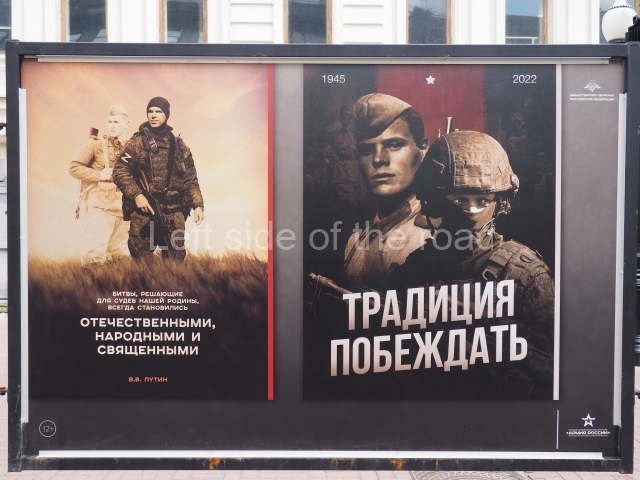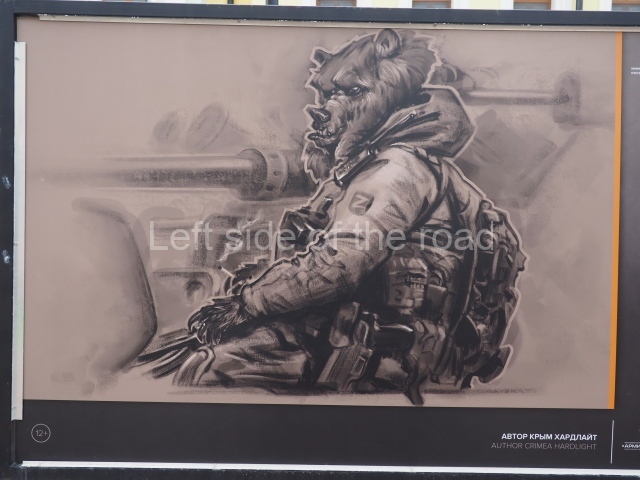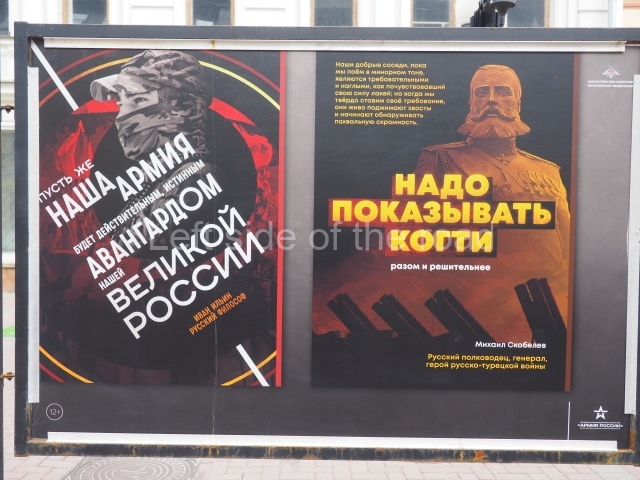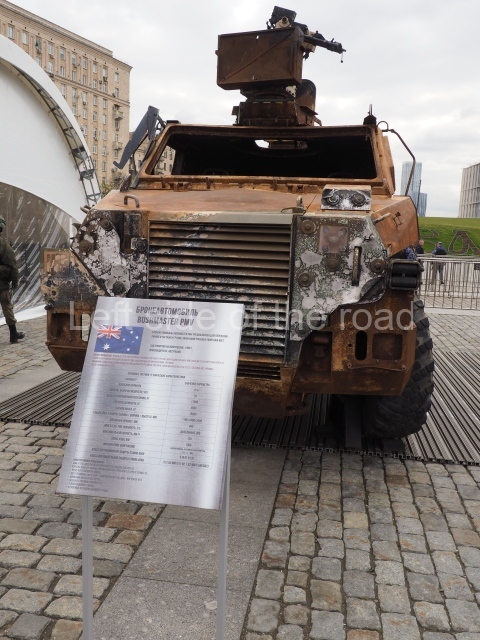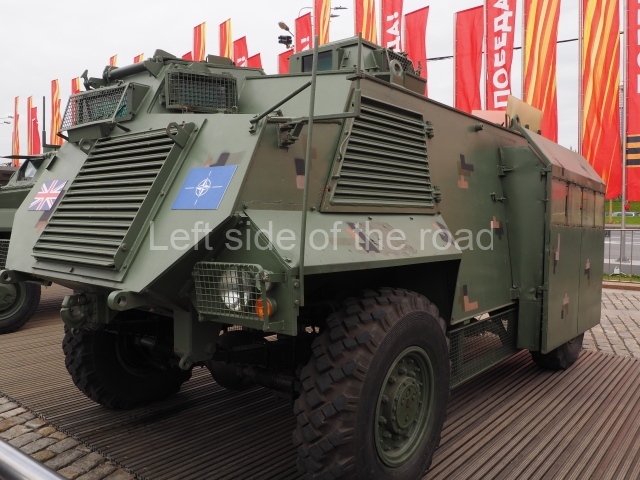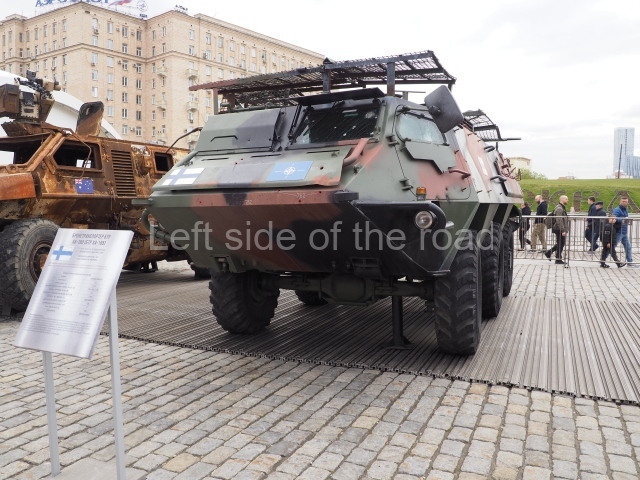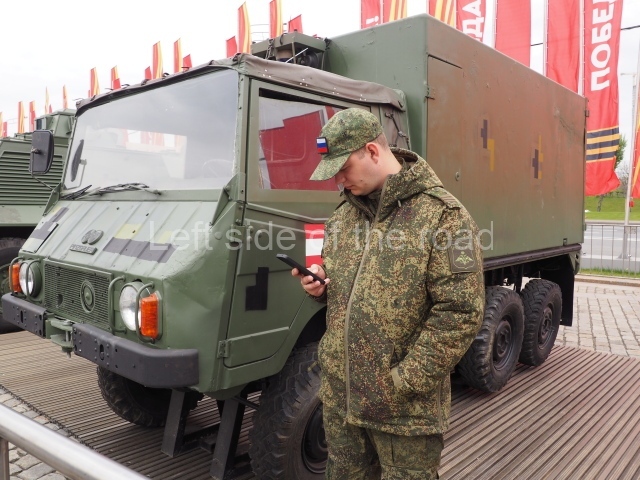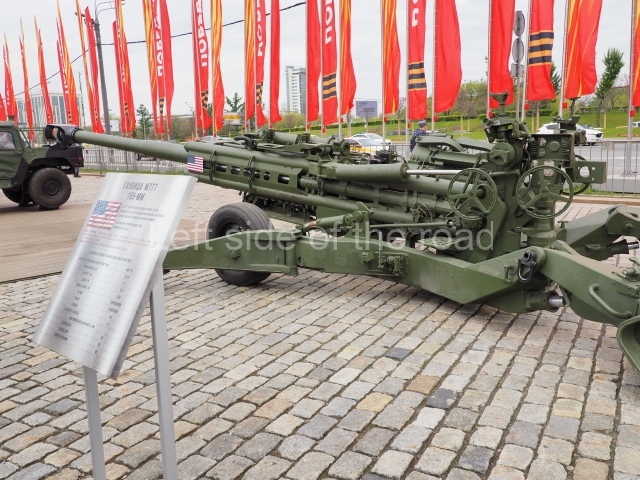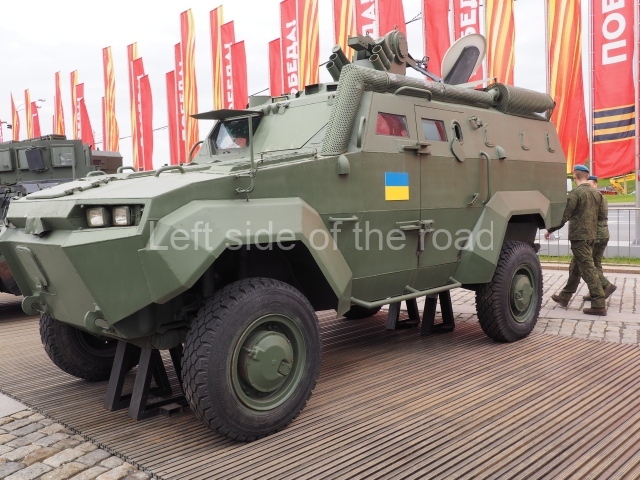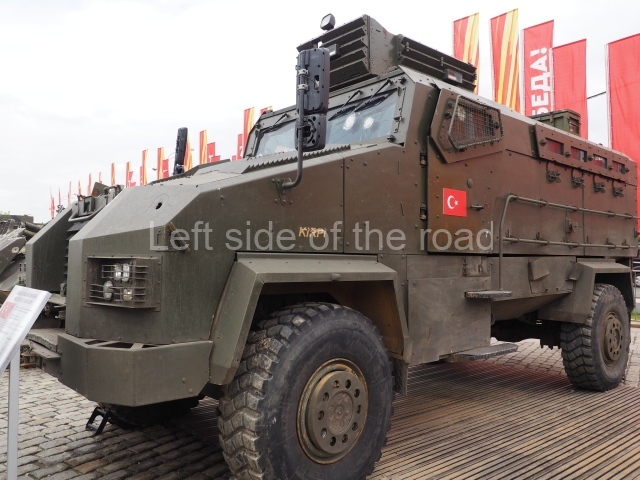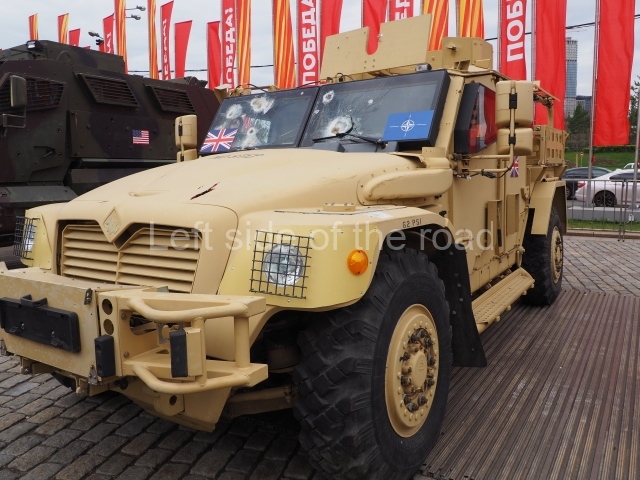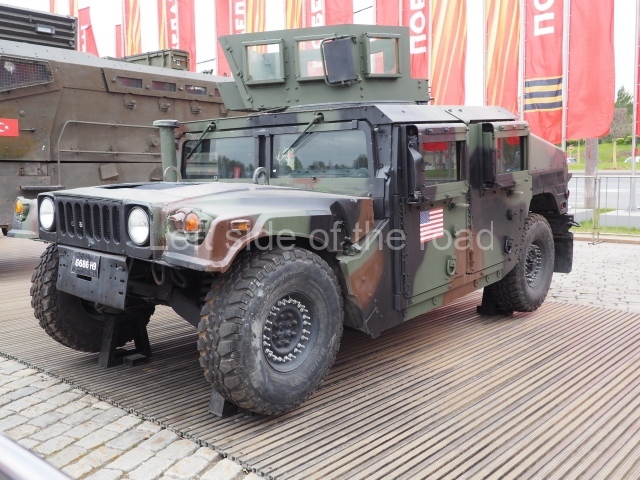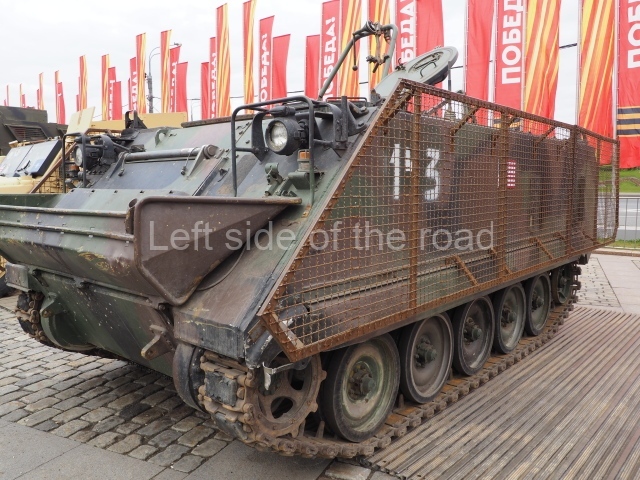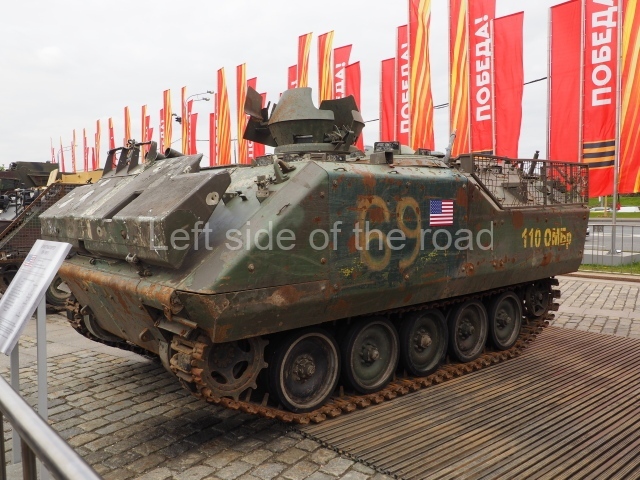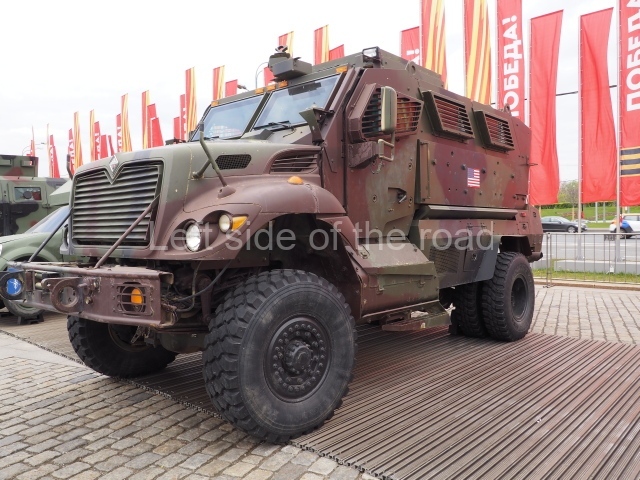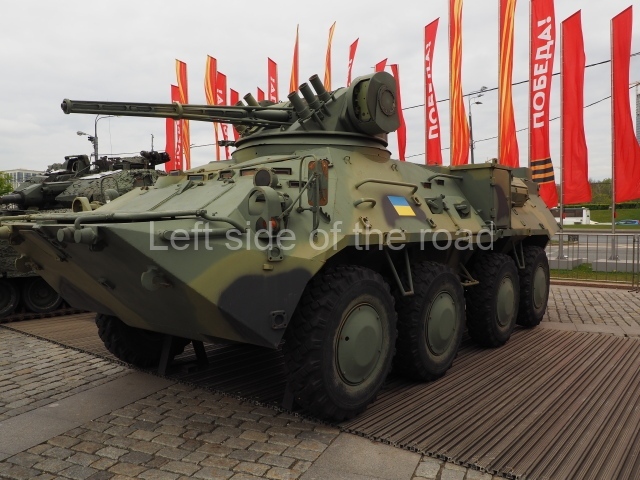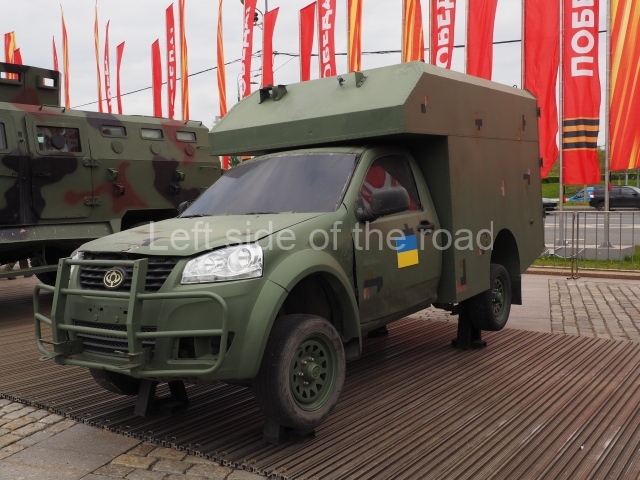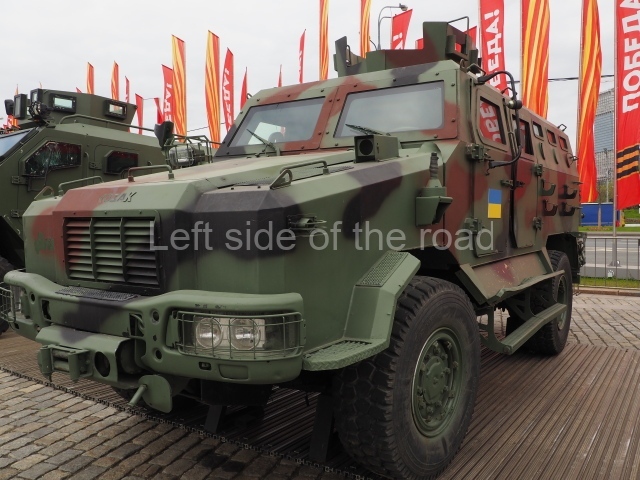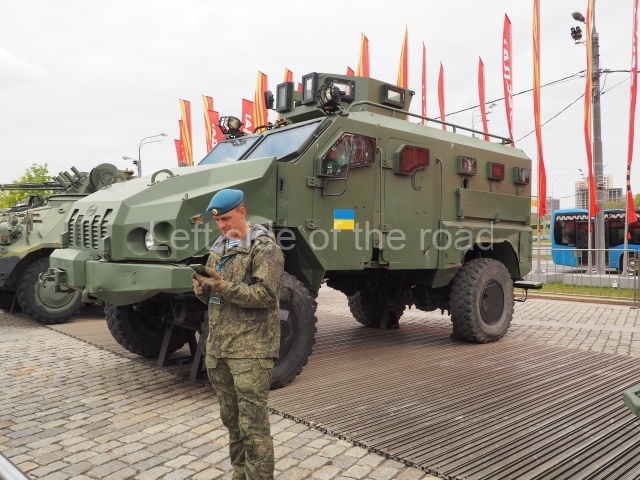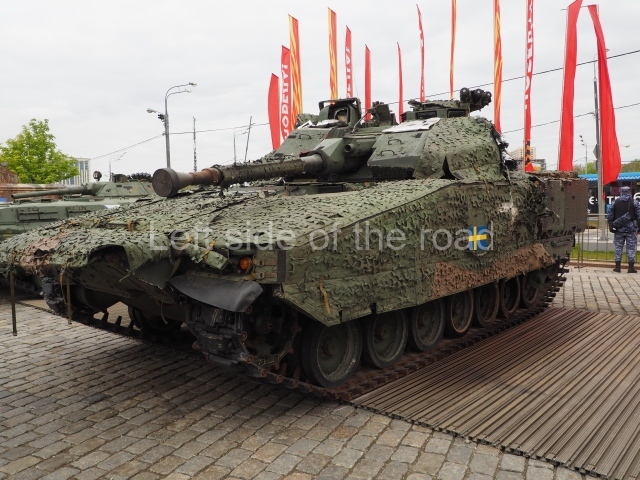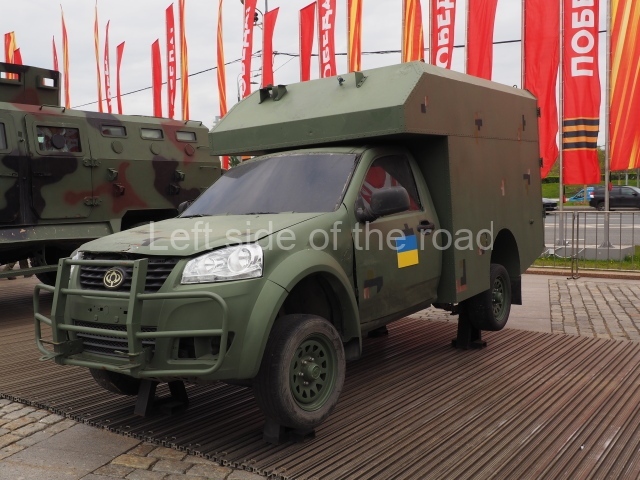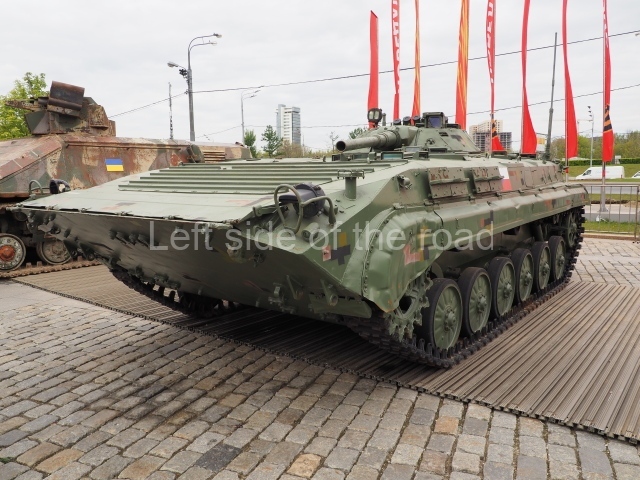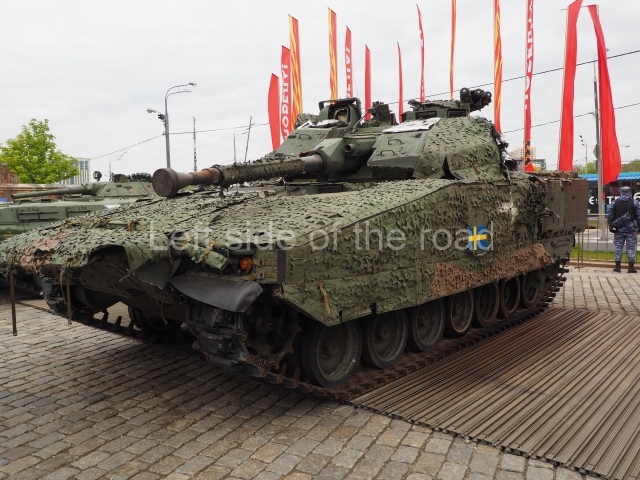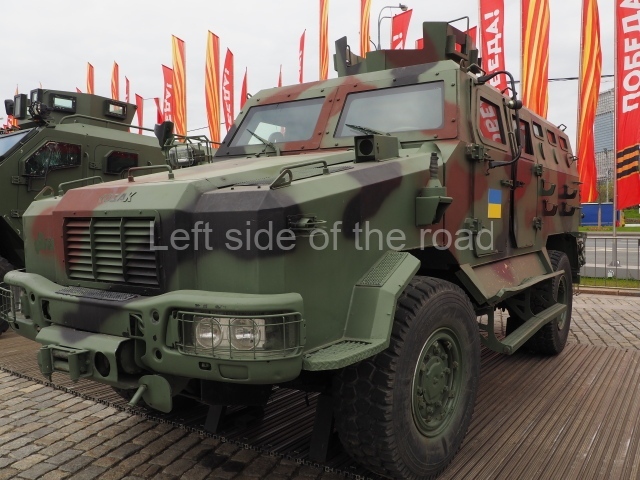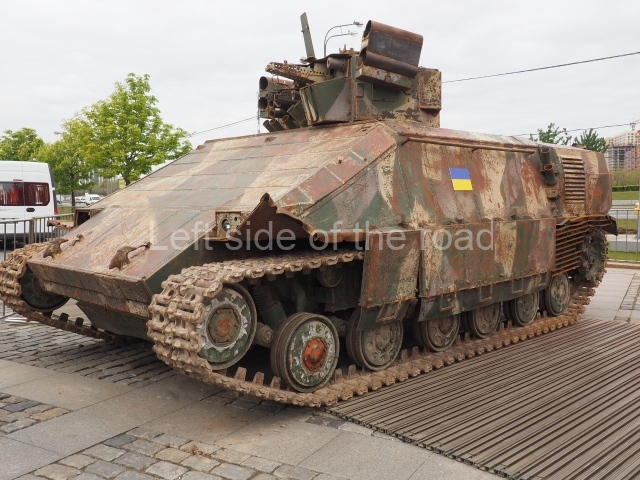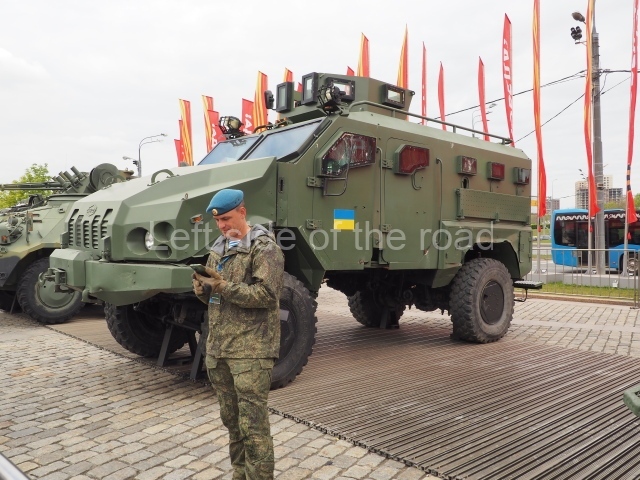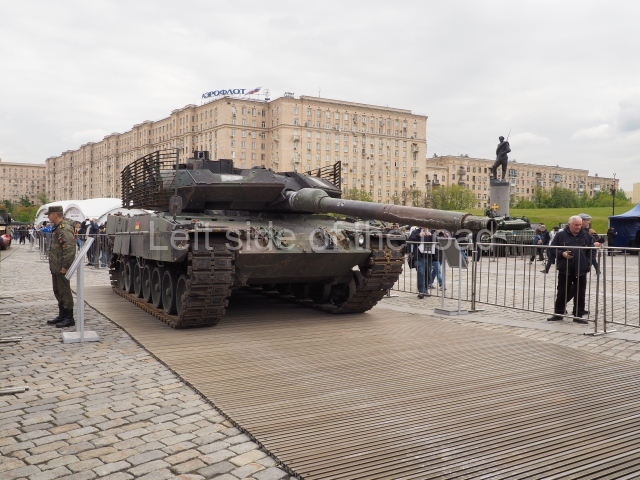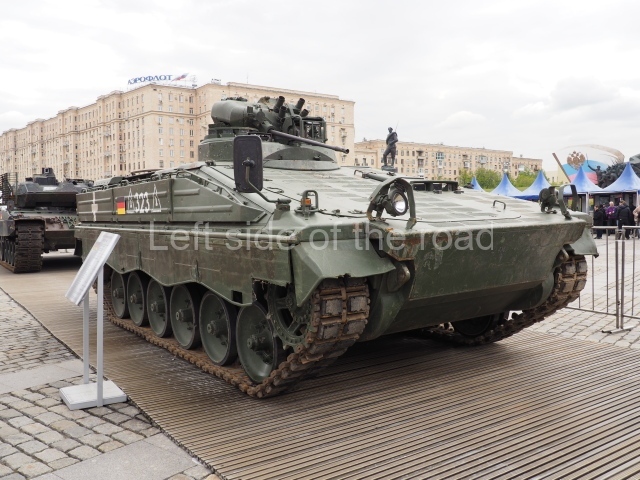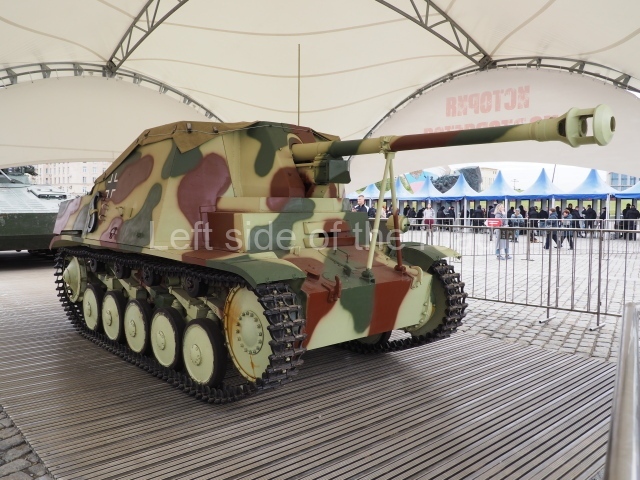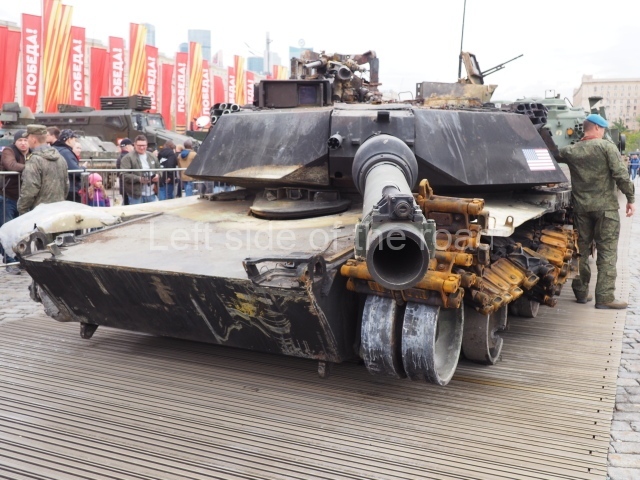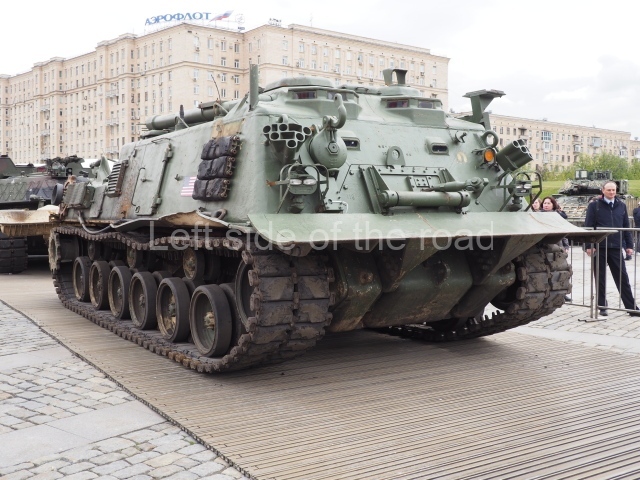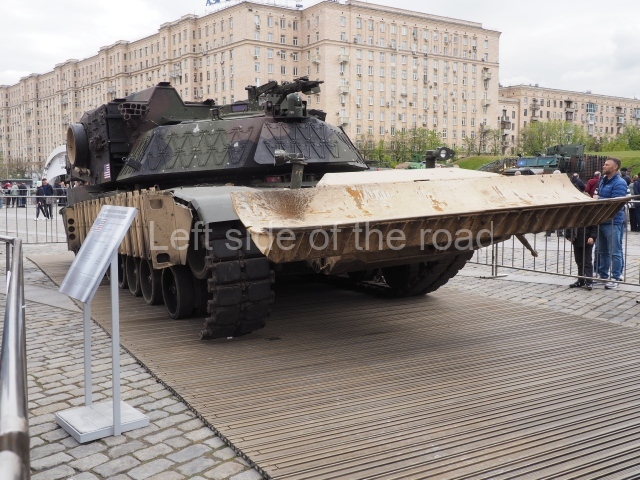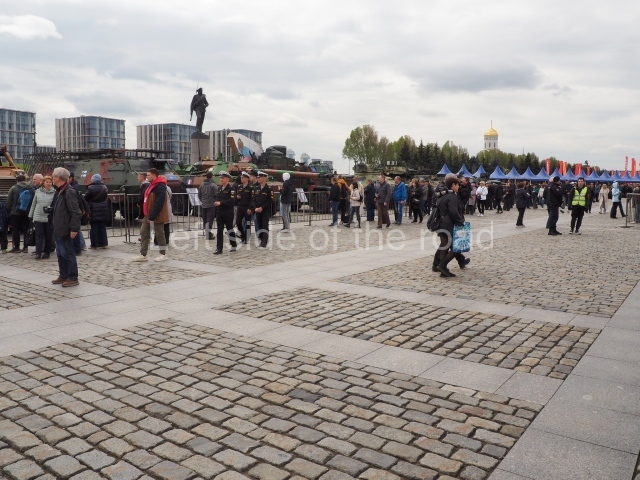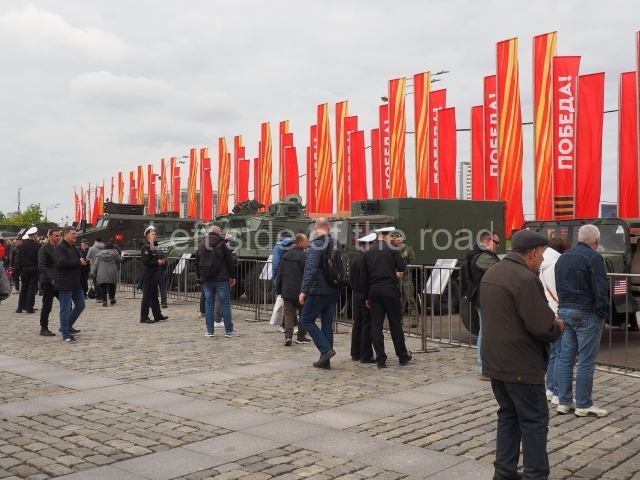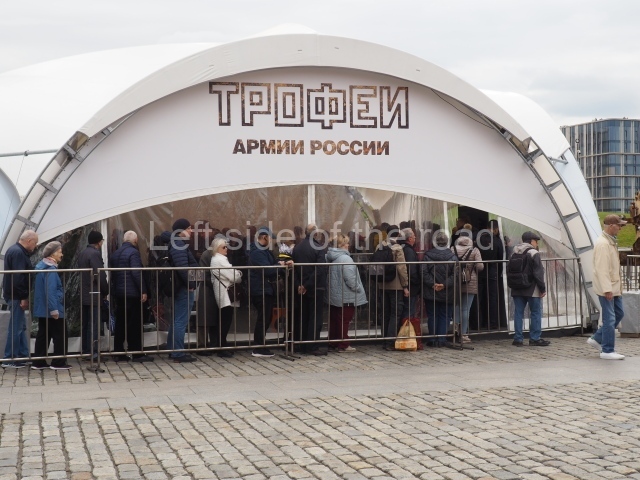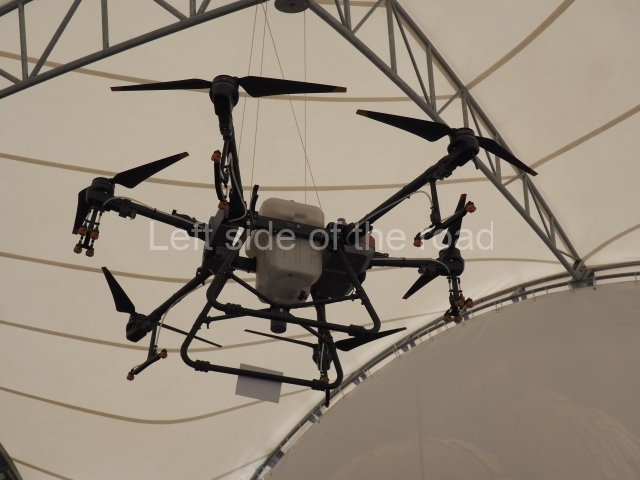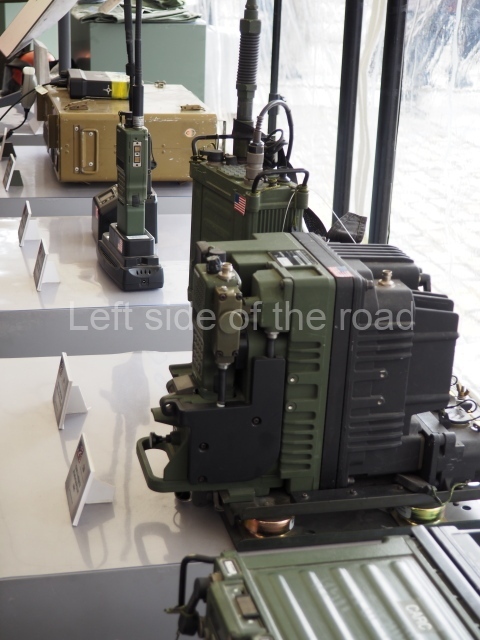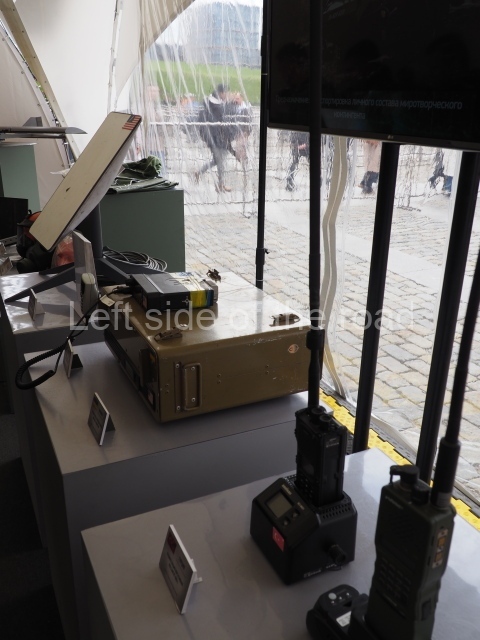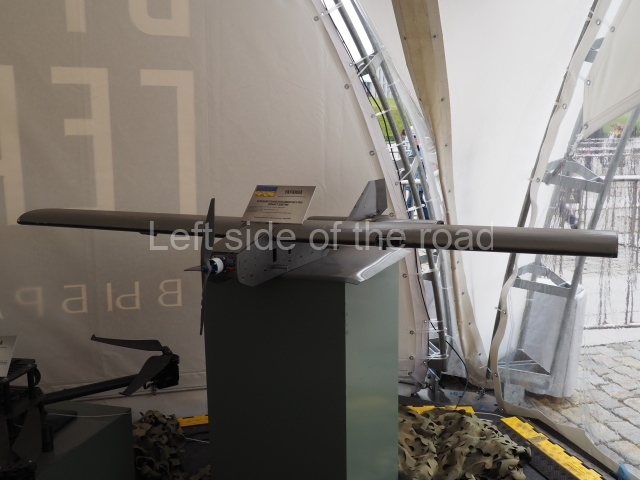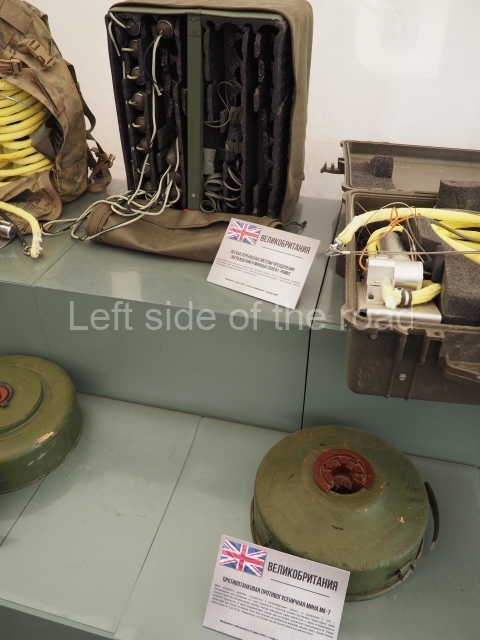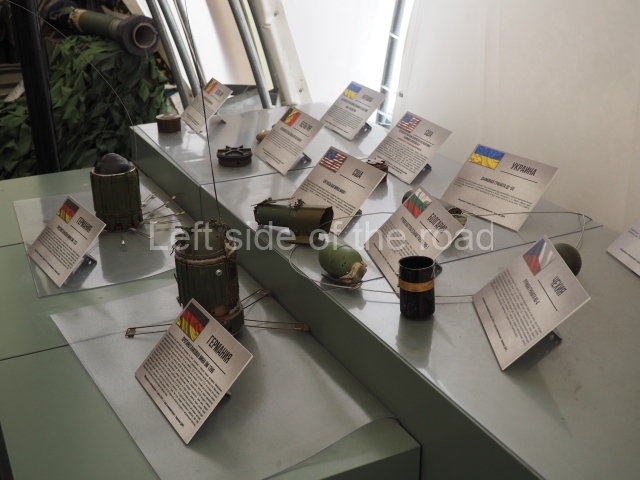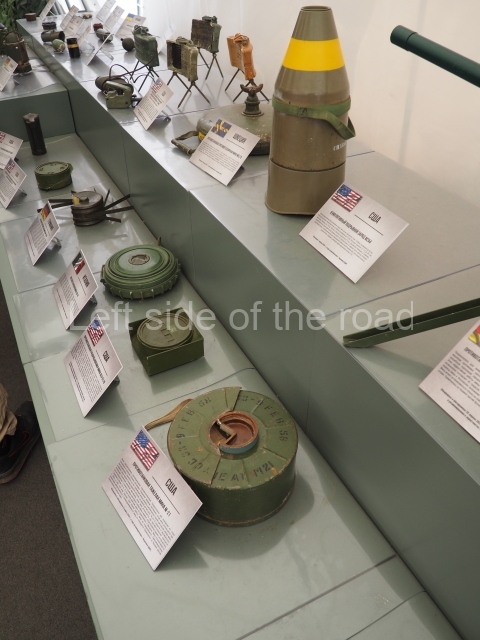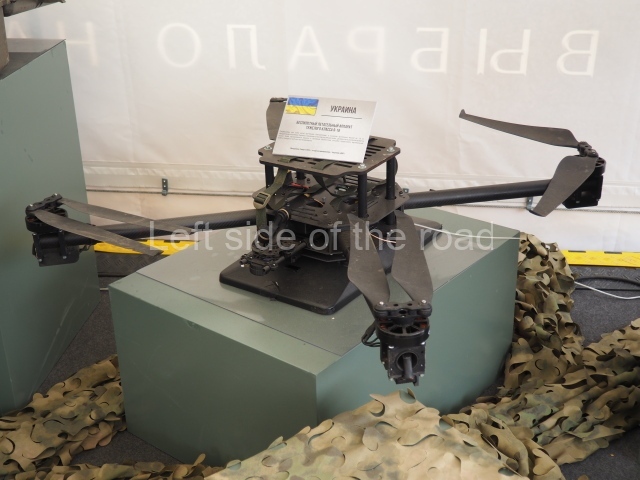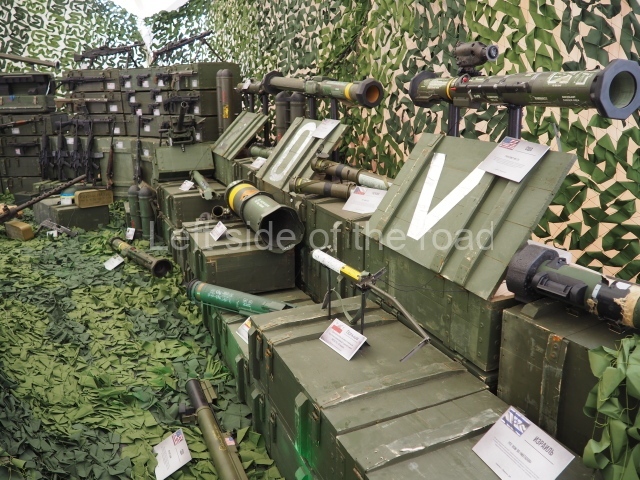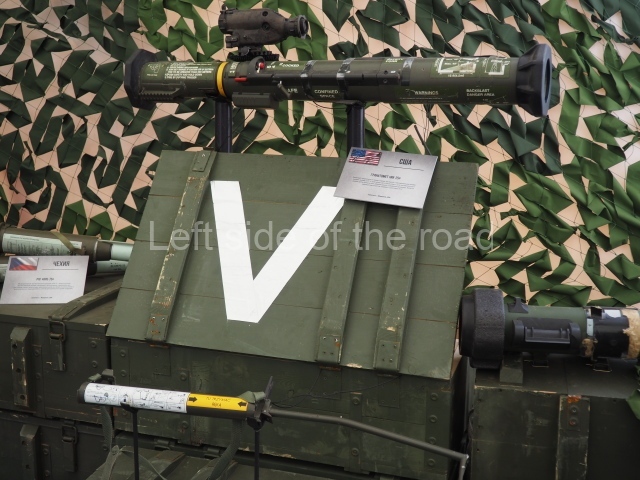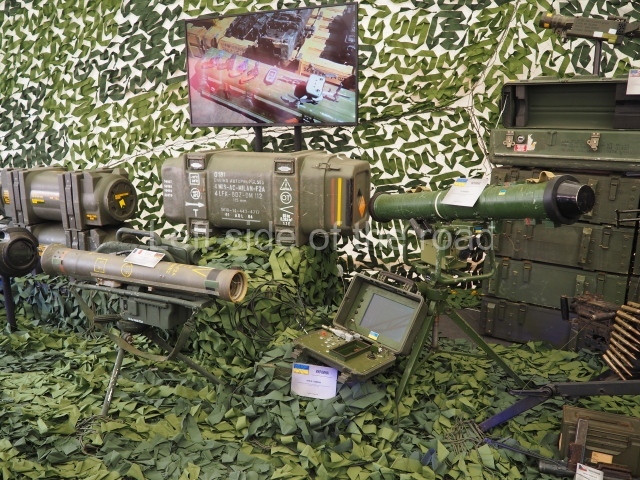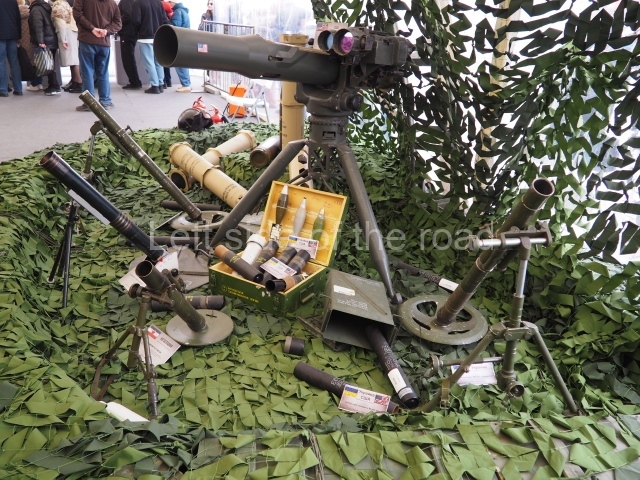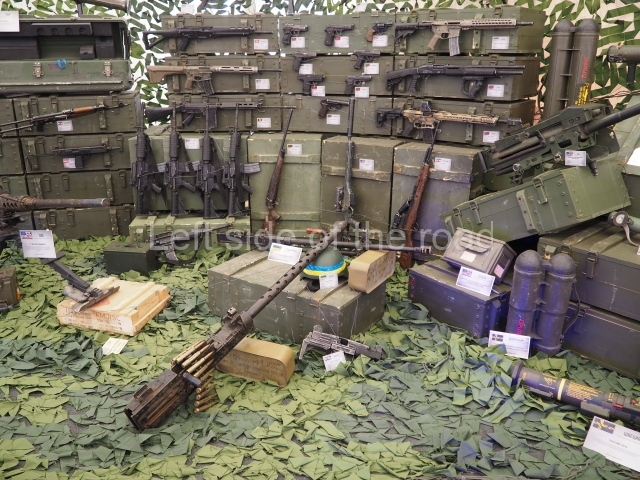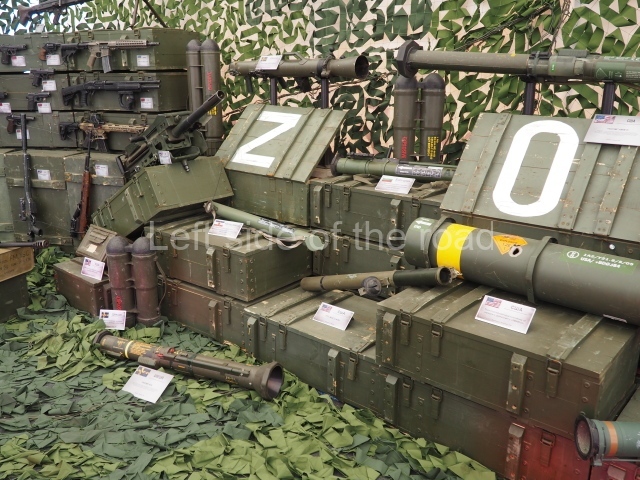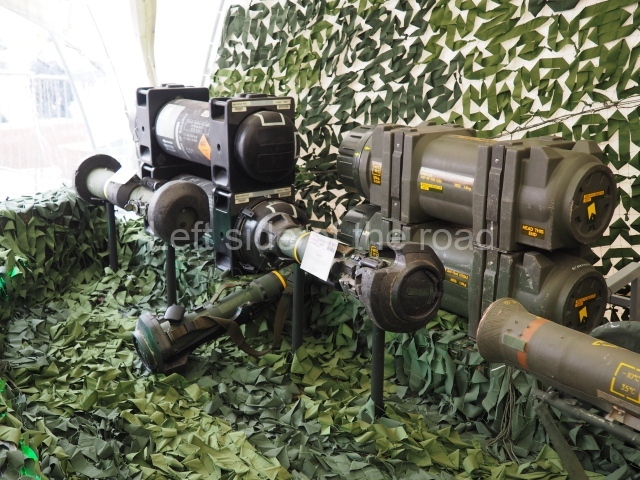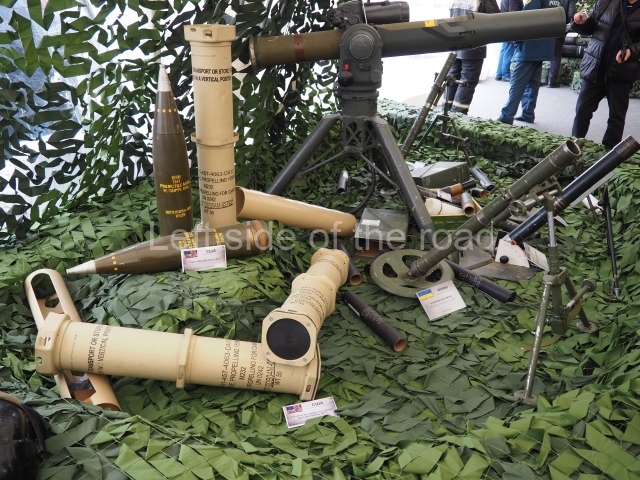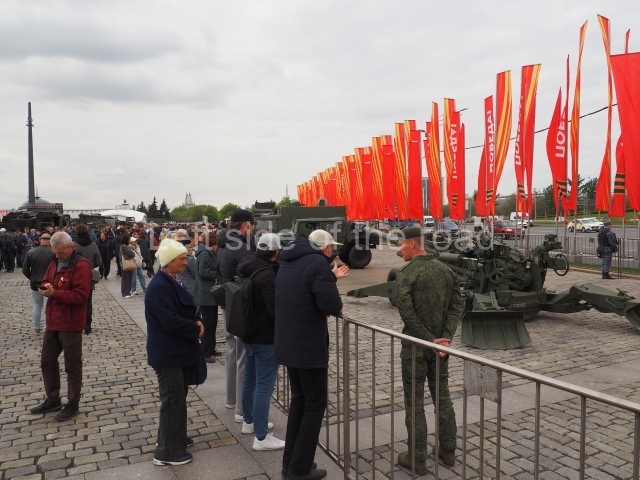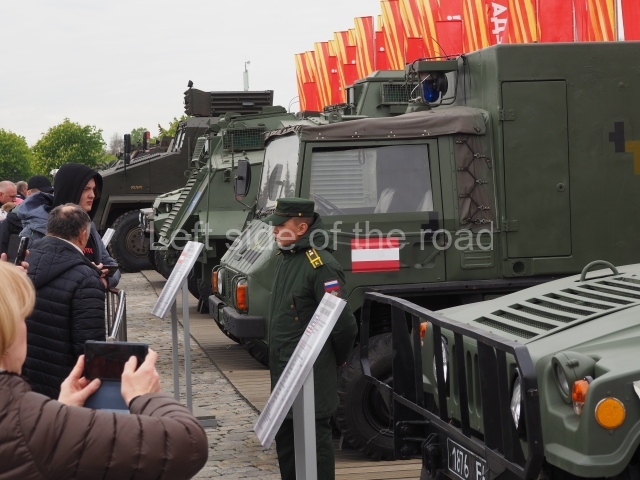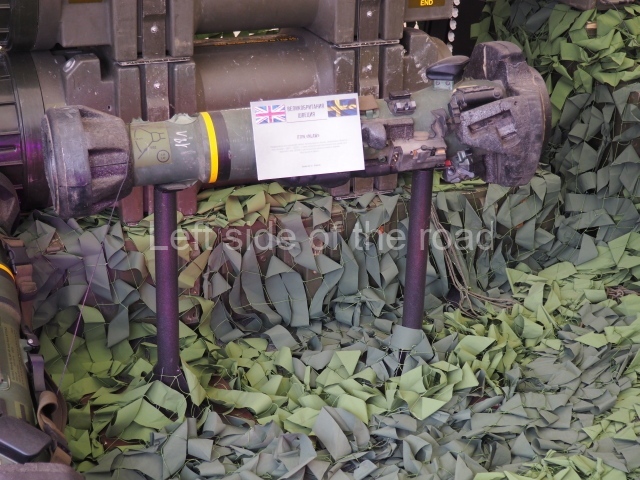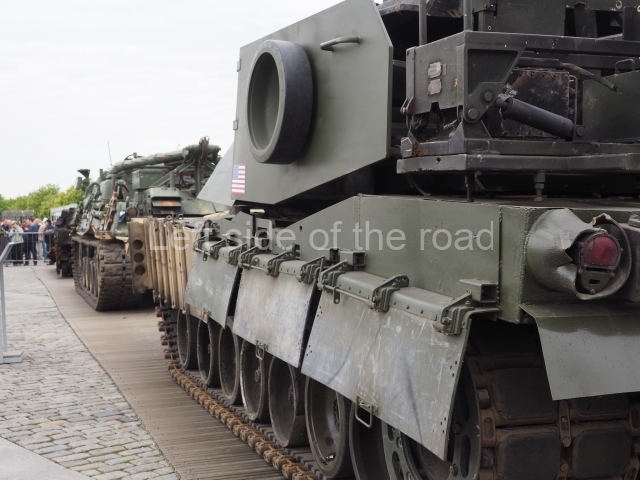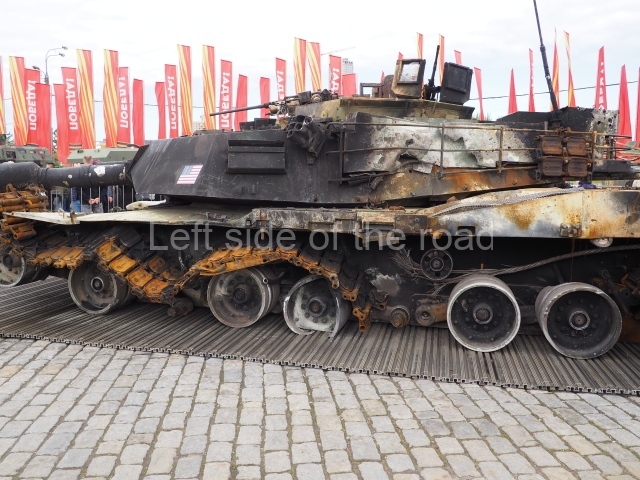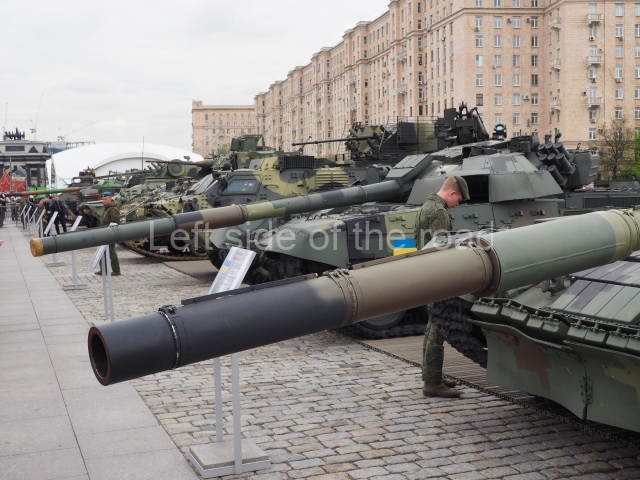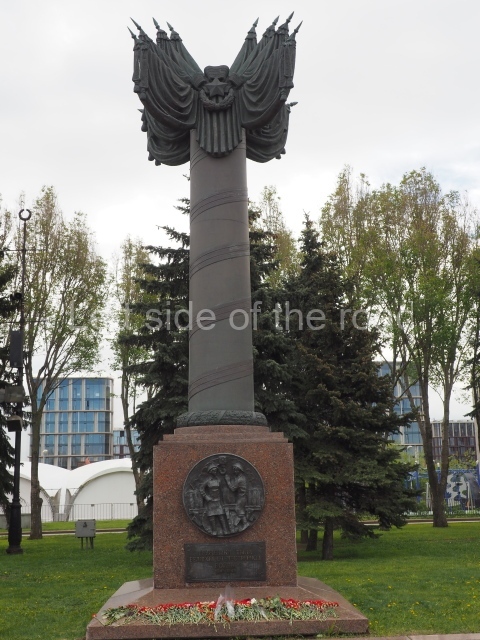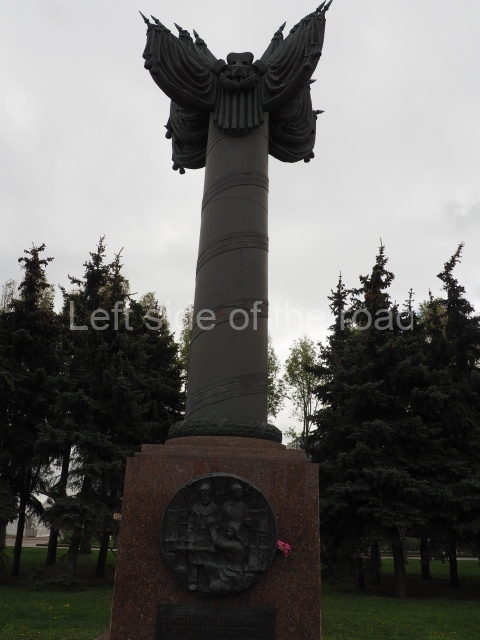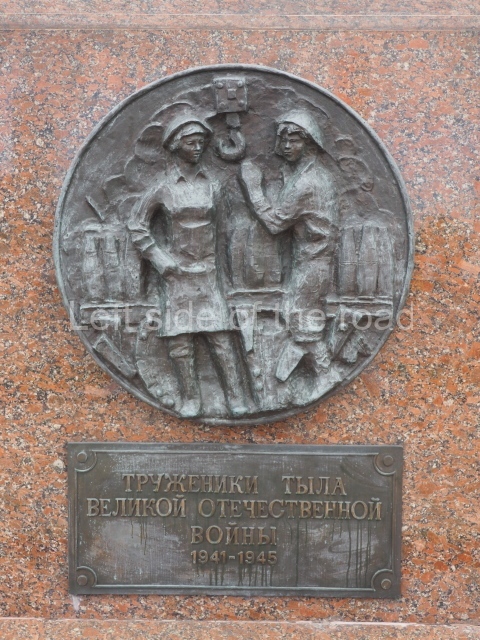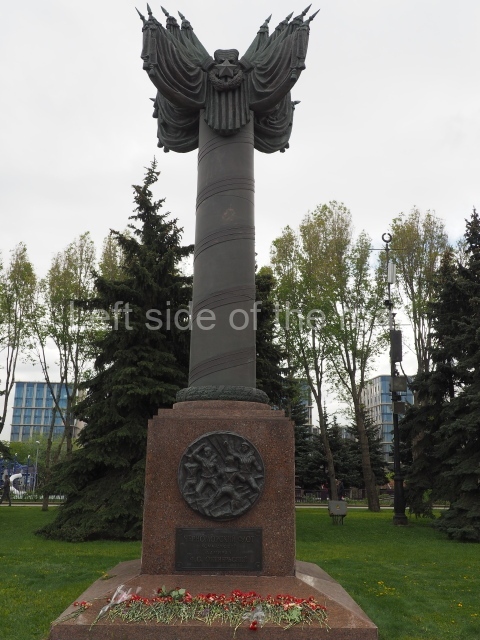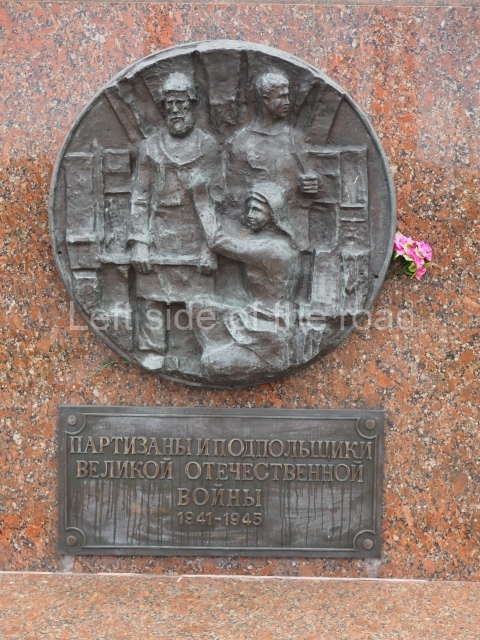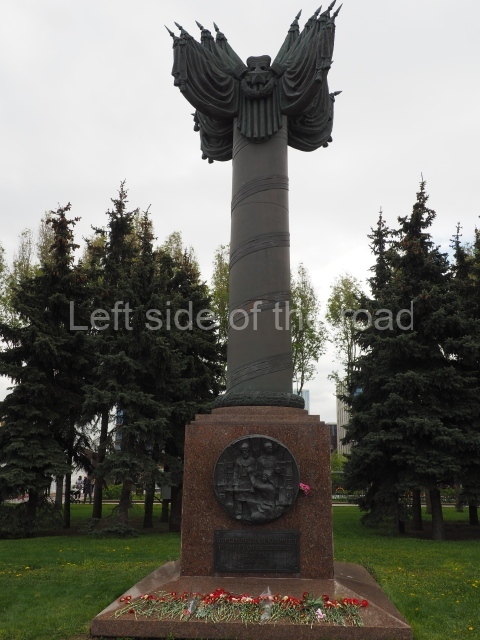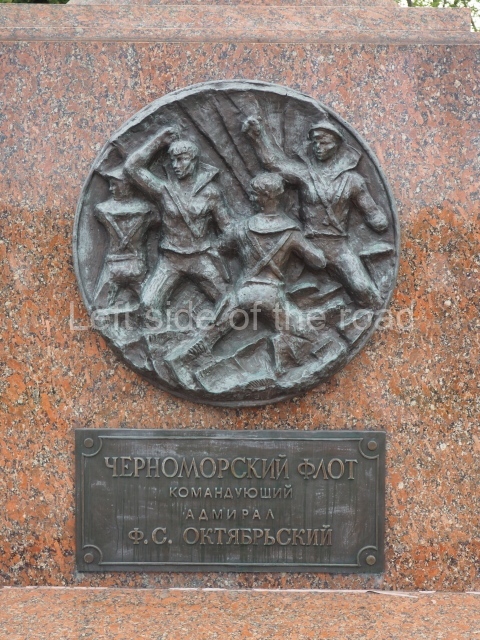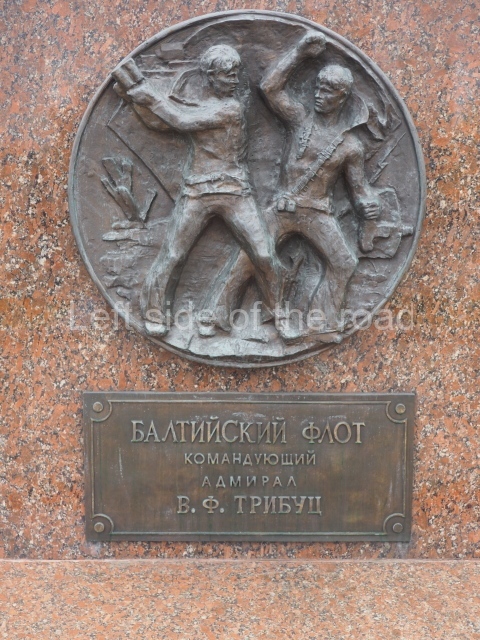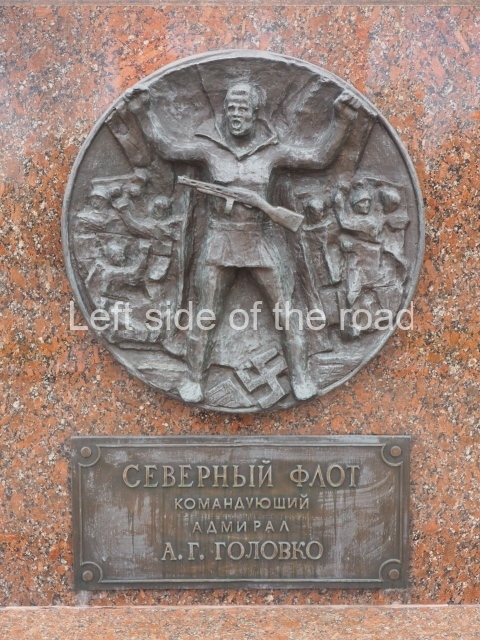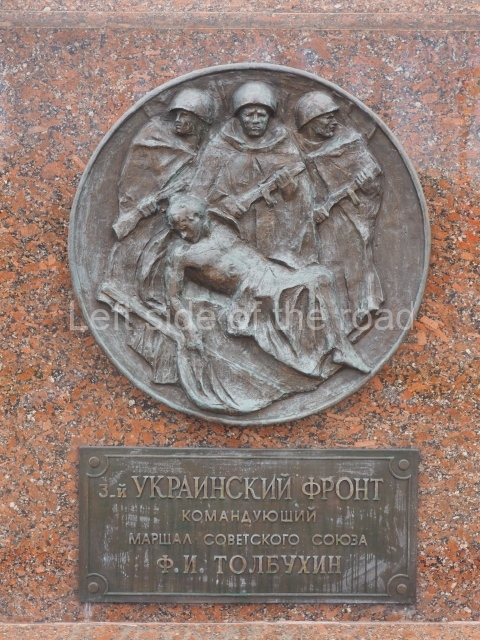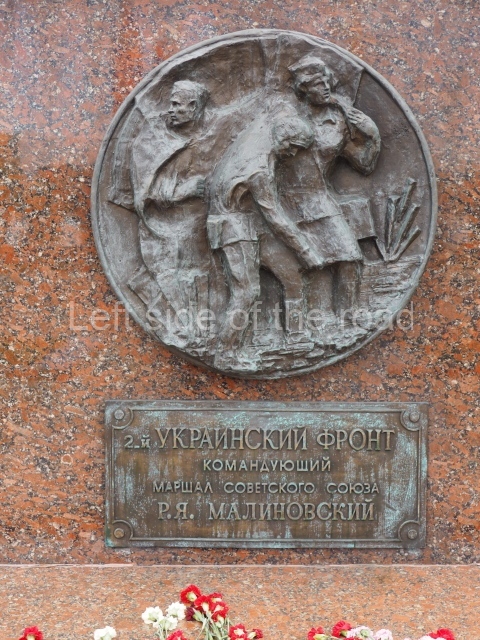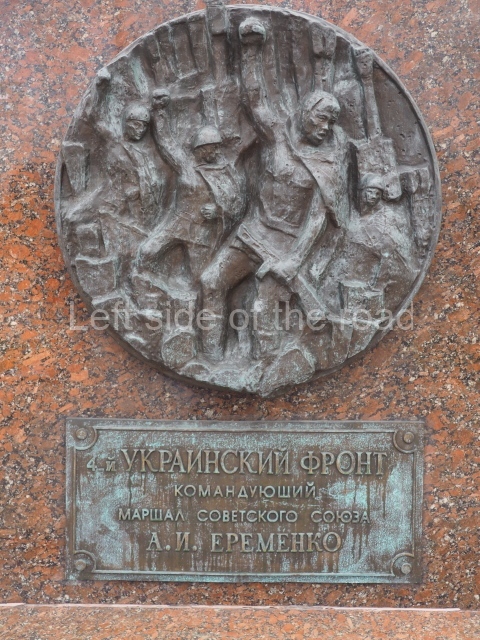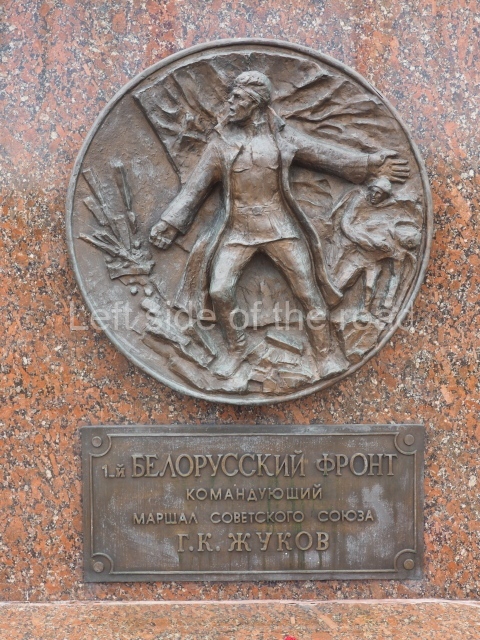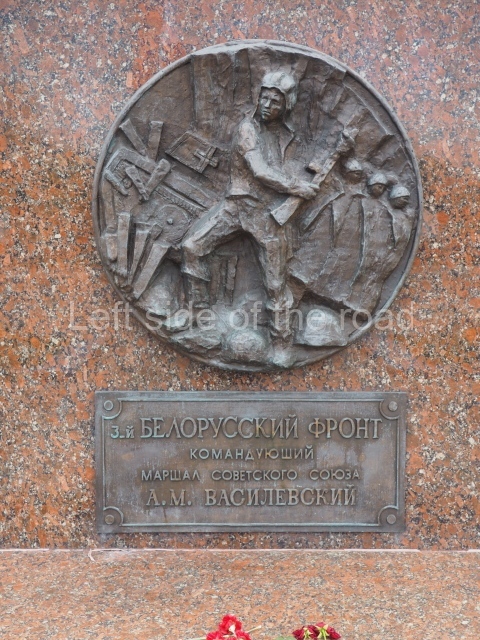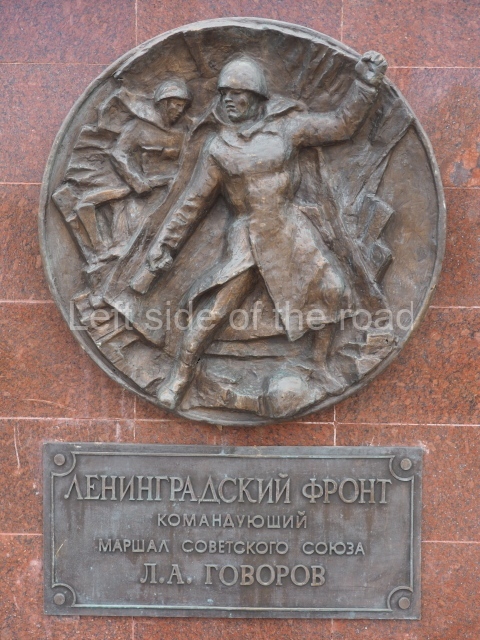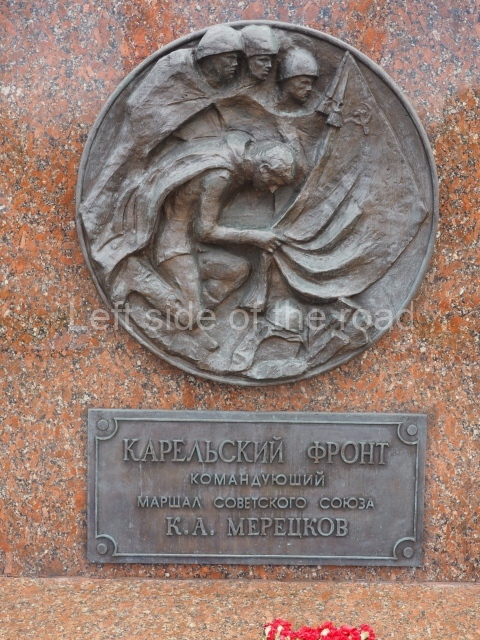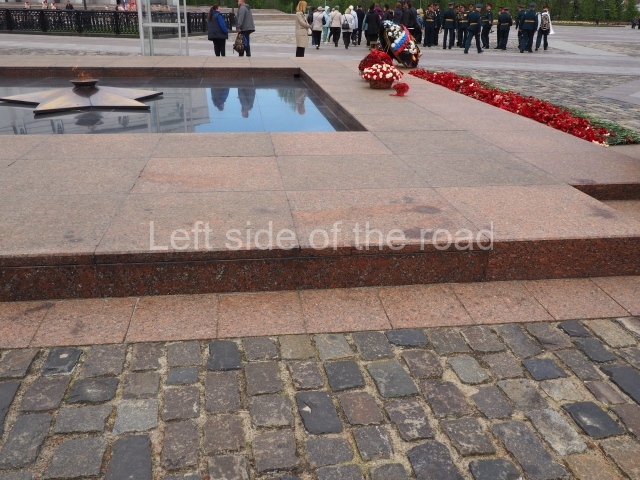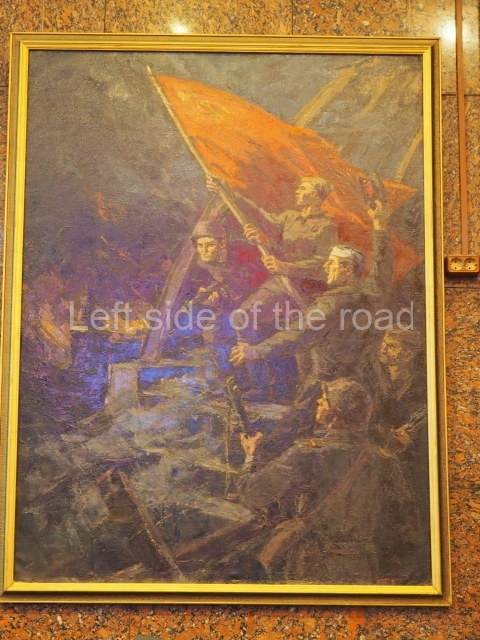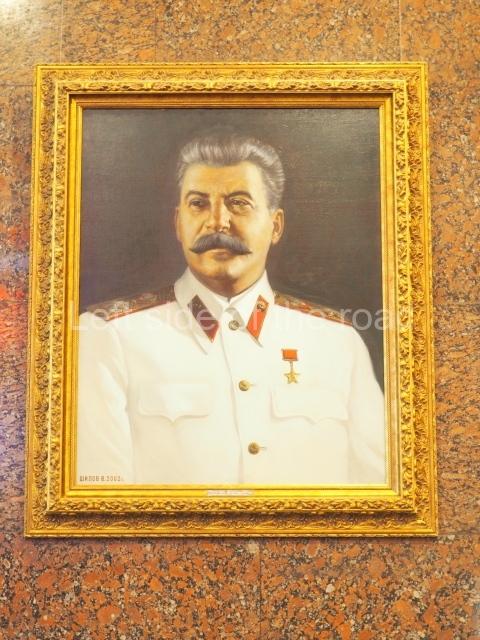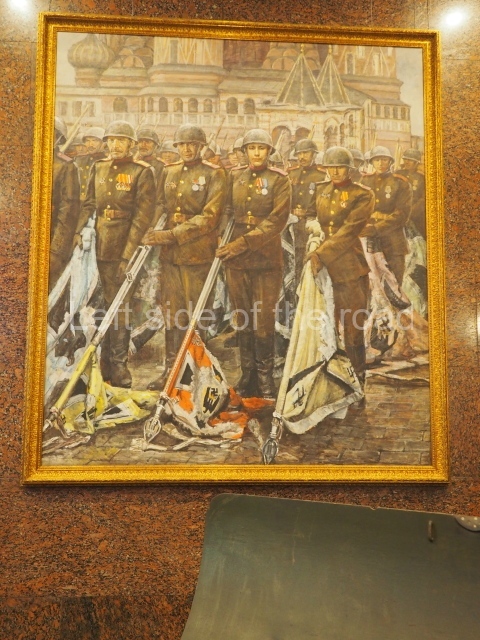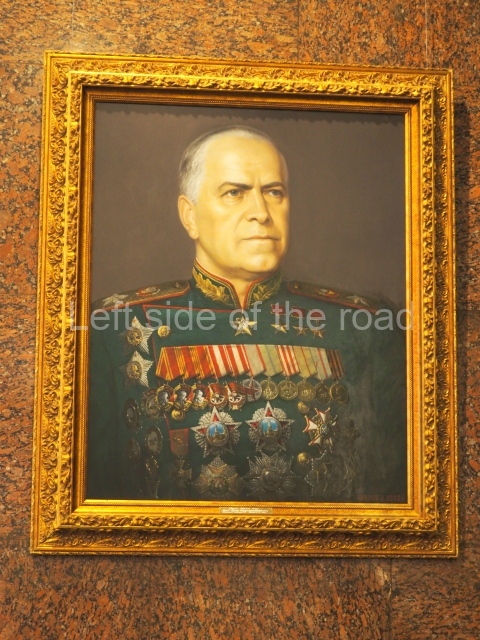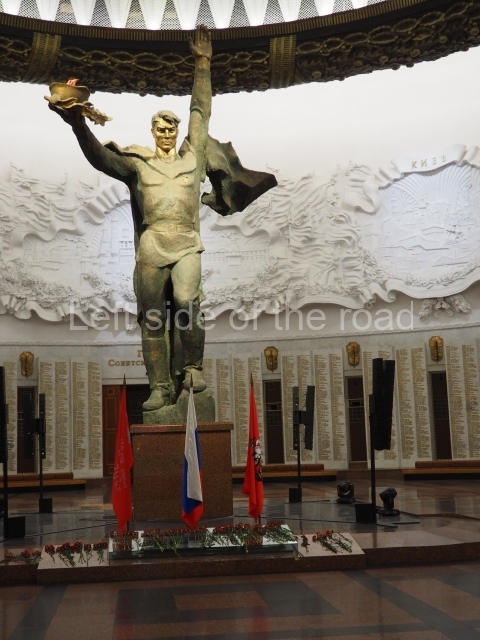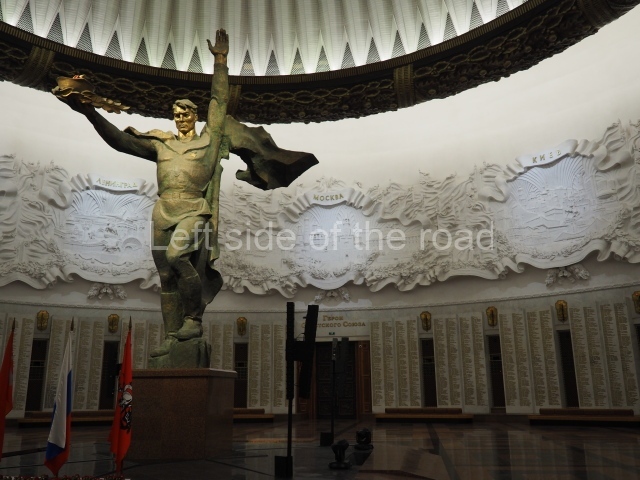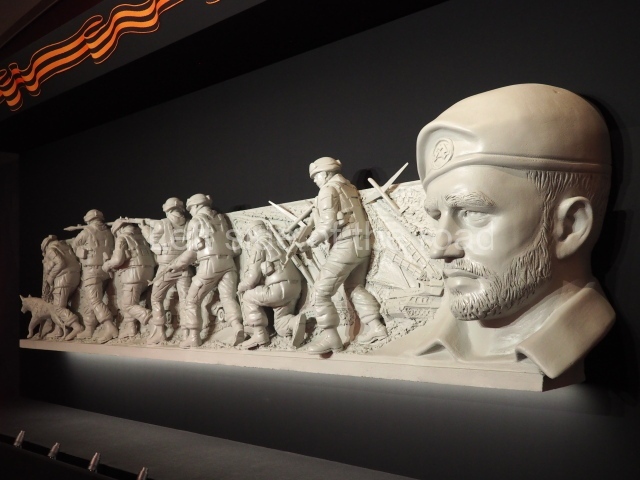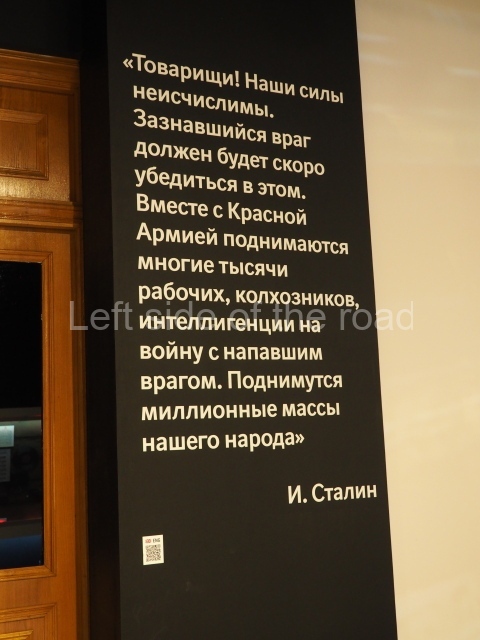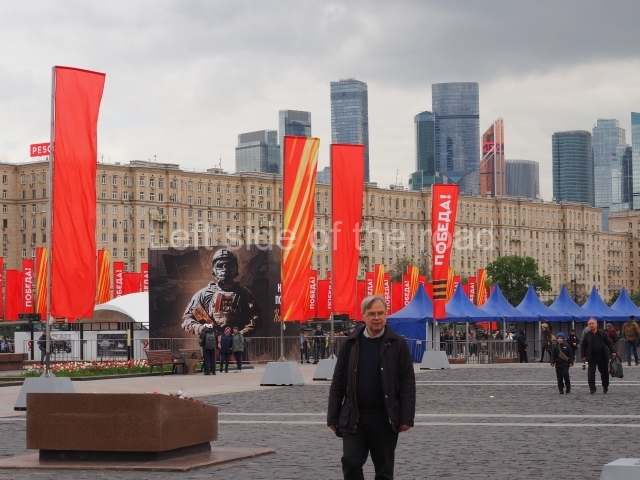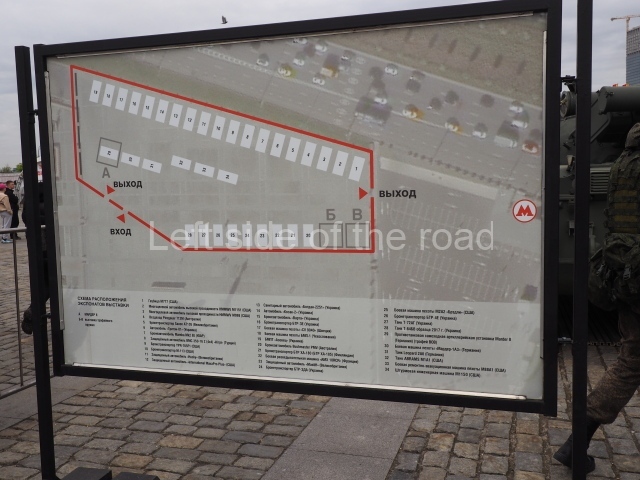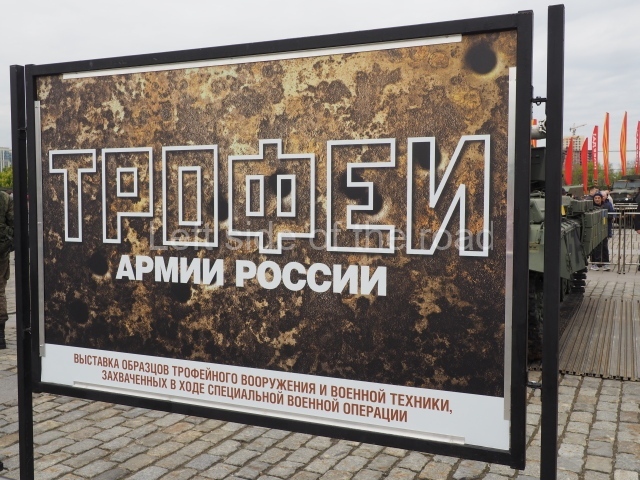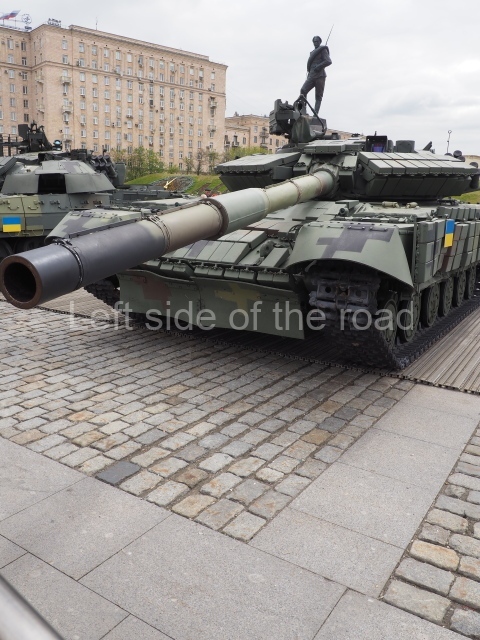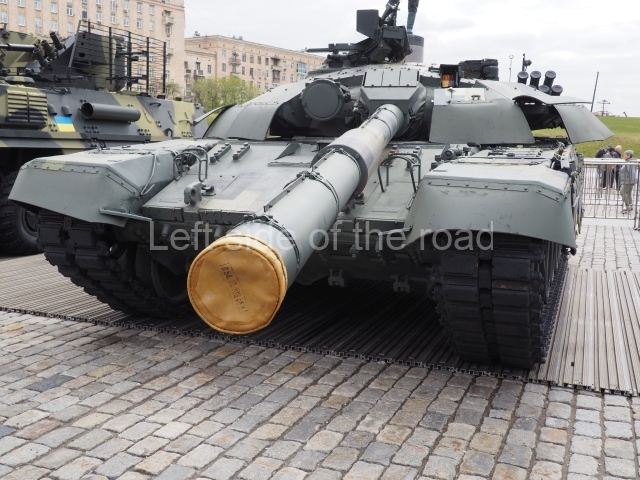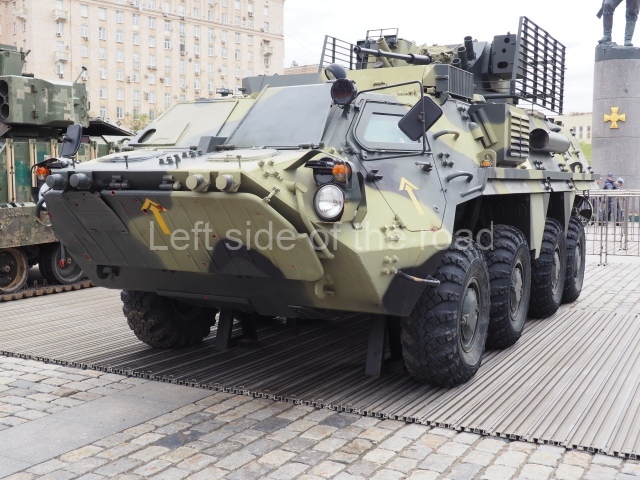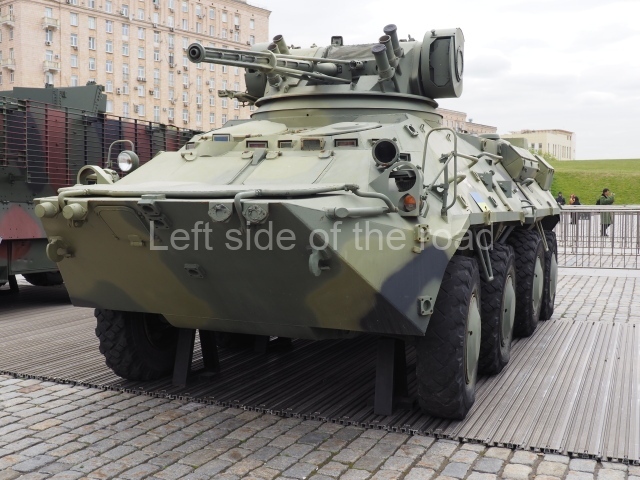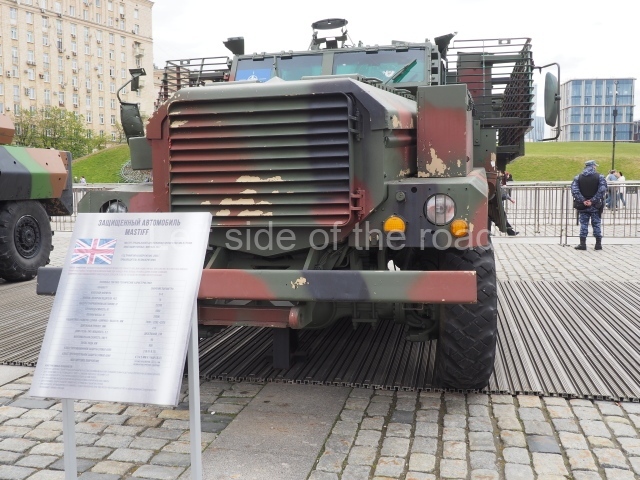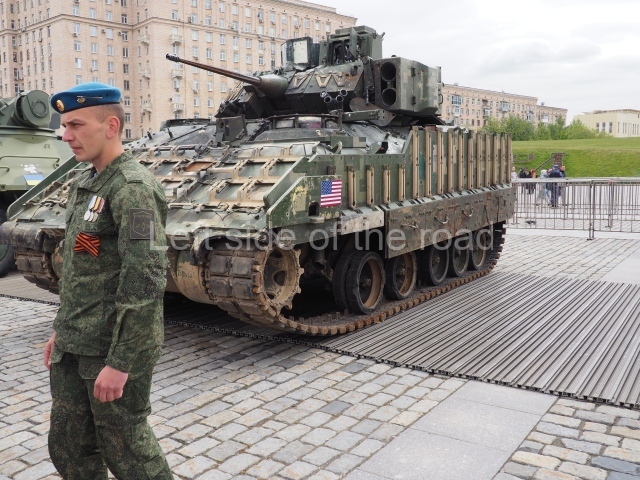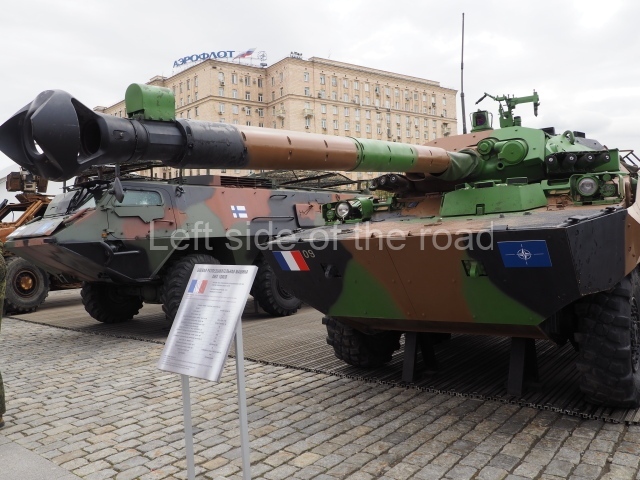
TOS-1a firing
View of the world
Ukraine – what you’re not told
View of the Ukraine-Russia war from a different perspective to that of the western media
At the end of six months of outright war (after years of Ukrainian incursions into the eastern, Russian areas of the country) matters seem to be coming to a crunch point. The last real remaining bastions of Ukrainian, NATO sponsored and created, defences are crumbling and the mythical ‘counter-offensive’, from Kherson or elsewhere, is being conveniently forgotten.
That doesn’t mean that the war isn’t far from over. The ‘west’ wants this war to last as long as possible – in the vain hope it will bring Russia to its knees – even though their strategy has failed and sanctions on Russia have rebounded in a spectacular manner against their own economies. But even the most belligerent Russophobes are helpless as the level of weaponry being sent the Ukraine is falling (although the price seems to be going up) and it’s becoming increasingly uncertain if there are enough soldiers to be able to make full use of them, if and when they do arrive, whether trained on the systems or not.
At this time there are appearing a number of articles which address this new and changed situation but which are not readily available to a EU readership. It has been decided, therefore, to reproduce some of those which are considered to have some thoughtful things to say about the situation as it exists now.
They will appear, as well, as links on the Ukraine – what you’re not being told page but occasionally, in the future, as a separate post if it is considered useful.
This post contains three articles.
21 August 2022
How ‘Russophrenia’ from supposedly smart people in the West has slowly led us towards a major European war’
By Glenn Diesen
The author and holocaust survivor, Victor Klemperer, identified two distinct styles of language that defined Hitler’s propaganda against the Jews: either “scornful derision” of the inferior race or “panic-stricken fear” of their threat to civilisation.
Anti-Russian propaganda over the past centuries has similarly produced two contradictory positions – disdain for Russians as an uncivilised and backward people, and simultaneously an immeasurable threat looming over Europe. A state of affairs described by one writer as “Russophrenia: the idea that Russia is simultaneously about to fall apart, and also take over the world.”
Russia is hopelessly inept and weak, yet it is also capable of subverting the democracies of the world and restoring a global empire. Moscow is so impaired that the West does not need to acknowledge or accommodate its basic security interests, yet NATO’s 30 member states need ever-more weapons to defend against the dreaded Russians.
Exaggerating the weakness or the strength of an adversary (or both) is a key component of propaganda, which carries with it the obvious risk of miscalculations, as the real capabilities of the opponent are not accurately assessed. The war in Ukraine is a good case study of this phenomenon.
Exaggerating Russian strength and weakness
To encourage more NATO, more military spending and containment of Russia, it is commonly argued that we have underestimated the threat of the Russians. During the Cold War, it was falsely argued that the Soviets enjoyed a huge positive missile gap vis-à-vis the US, which incentivised further military spending in the US. After the Cold War, NATO expansion and raison d’etre have continued to rely on an exaggerated Russian threat.
To encourage a more forceful approach to Russia, it is now argued that we have overestimated Moscow’s strength. Case in point, an article by The Atlantic argues that “Ukraine Has Exposed Russia as a Not-So-Great Power”. It suggests that because the Russian army “has seized only 20 percent of Ukraine,” it is time to shed the illusion of Russia being a great power. This conclusion supports an even more hard-line position towards Russia as opposed to Kissinger’s argument that great powers must be accommodated for peace. In other words, more of the same policies that fuelled tensions and brought us to this horrific conflict.
The flawed narrative of Russian failure in Ukraine
There is no doubt that Russia failed to achieve a swift victory in Ukraine. Russia stormed up to the outskirts of Kiev in the early stages, seeking to impose a settlement. The Russian territorial advances seemed very impressive and coincided with the narrative of an all-mighty Russia. In reality, these positions relied on thin and vulnerable supply lines. With the failure of achieving a diplomatic settlement with Kiev, these positions had to be abandoned.
The UK and the US persuaded Kiev to abandon the peace talks in Istanbul, and the nature of the fighting subsequently changed fundamentally. The collective West promised it would provide all the weapons required if Ukraine would end negotiations and fight Russia. Washington stipulated its objective of permanently weakening Russia and knocking it down from the table of great powers. US Defence Secretary Lloyd Austin explicitly announced that American aims included getting “Russia weakened to the degree that it can’t do the kinds of things it has done in invading Ukraine”. This objective is consistent with the goals set by the renowned intelligence-linked think tank RAND Corporation in 2019, which is to overextend and take down Moscow: “The Ukrainian military already is bleeding Russia in the Donbass region (and vice versa). Providing more U.S. military equipment and advice could lead Russia to increase its direct involvement in the conflict and the price it pays for it”.
The Russian hope of a swift victory was thus replaced with a war of attrition, in which Moscow aimed to grind down and destroy the Ukrainian army – before imposing a settlement. The breaking point has now been reached, as evident by the current collapse of Ukraine’s most heavily fortified positions in Maryinka, Pisky and Avviivka. This will likely end in August or September, and then shift towards more rapid territorial conquest. Is it strategically wise to deny this reality to sell the narrative of a weak Russia?
The narrative of an inept, exhausted and demoralised Russian military that has almost run out of ammunition has persisted since March. Yet, there is an even wider problem with the narrative of Russia not being able to defeat its weak neighbour. In reality, NATO has also indirectly gone to war against Russia. US Brigadier General Joseph E. Hilbert argued that “the worst thing the Russians did was give us eight years to prepare.” Furthermore, the collective West has supplied increasingly advanced weapons since Russia invaded in February 2022.
Is Russia a great power?
American political scientist John Mearsheimer defines a great power by its “reasonable prospect of defending itself against the leading state in the system by its own efforts.” It appears that Russia has passed that test as the collective West has now thrown everything but the kitchen sink in terms of supplying military hardware, military intelligence, and economic sanctions.
The collective West has depleted a large part of its weapons storage in a futile effort to stop Russian advances on the battlefield. This is despite the fact that Russia is only fighting with its peacetime army of 200,000 troops against a Ukrainian army several times this size. The 3:1 rule of war stipulates that in order that for the attacker to win the battle, his forces should be at least three times the force of the defender. In Ukraine, this ratio is reversed with 1:3 in Ukraine’s favour. Russia’s 2 million reserve soldiers and much of its more advanced weapons are kept as backup in case NATO directly enters the war.
The collective West has launched unprecedented economic sanctions with the explicit expectation that it would immediately collapse the Russian economy, financial system and currency. This never happened and the Russian ruble is the strongest performing currency this year. Instead, the sanctions have backfired so spectacularly, to the extent that the West has set fire to its own house in the hope it would spread to Moscow.
The attempt to mobilise the international community against Russia has also failed, as 85% of the world population live in countries that have refused to participate in sanctions – despite pressure and threats from the US. Even the pope pointed to NATO expansionism as a source of the war.
The dangers of wishful thinking
Denying that Russia is a great power may feel good, but as stated by Chinese philosopher Lao Tzu more than 2,500 years ago: “There is no greater danger than underestimating your opponent”.
Wishful thinking about Russian weakness incentivises the collective West to escalate, while diplomacy and a peace agreement become increasingly difficult and unfavourable.
Before February 2014, Russia’s main policy towards Ukraine was to preserve it as a neutral state, a bridge between East and West. After the Western-supported regime change and support for an “anti-terrorist operation” against Donbass, Russia demanded autonomy for Donbass. As the US sabotaged the Minsk peace agreement, which was aimed at delivering autonomy, for seven years, the Kremlin switched to pushing for Donbass independence. Once the US began sending advanced weapons to Ukraine with the explicit aim of permanently weakening Russia, Moscow expanded its territorial claims to counter this threat.
The anti-Russia sanctions have been exhausted, and have backfired terribly. There is now a recognition that the measures have been a spectacular failure, as Western economies crumble while Moscow is shifting its economic connectivity to the East. Russia’s economic dependence on the West has been a source of great influence, but this leverage is dwindling and is not coming back.
The desire to depict Russia as feeble is required as NATO insists it must negotiate from a position of strength. But isn’t this the source of the problems? For 30 years, NATO negotiated against a weaker Moscow, and the result was that the US-led bloc could act unilaterally and ignore Russian security interests. By abandoning pan-European security agreements, pan-European security collapsed.
We have been moving slowly towards a major European war for 30 years and there are no good solutions anymore. But an end to wishful thinking must be the beginning.
Glenn Diesen is Professor at the University of South-Eastern Norway and an editor at the Russia in Global Affairs journal. Follow him on Twitter @glenndiesen.
Originally published here.
21 August 2022
NATO members pushing to brand Russia a ‘terrorist state’ tells us that the US and its allies lack self-awareness
The latest wheeze from some of the military bloc’s adherents is pure hypocrisy
by Robert Bridge
Efforts are underway in the US Senate to designate Russia a state sponsor of terrorism. Before going down that road, lawmakers may wish to consider some inconvenient facts.
If Russia’s military operation in Ukraine is doing anything – aside from eradicating the resurgence of fascism on the European continent – it is revealing the shocking lack of self-awareness in Western capitals. Perennial American Russophobes from opposite sides of the political spectrum, Sen. Richard Blumenthal and Sen. Lindsey Graham, are now agitating members of Congress to include Russia in Washington’s list of ‘state sponsors of terrorism,’ which presently includes North Korea, Iran, Cuba and Syria.
Meanwhile, the Baltic State of Lithuania signed off on its own legislation in May declaring Russia a ‘terrorist state.’ Yet Vilnius didn’t stop there, accusing Russia of carrying out ‘genocide’ on its neighbor’s territory.
The resolution states that Russia is committing “genocide against the Ukrainian people,” while saying that the Russian military, like some kind of modern-day Huns, “deliberately and systematically target civilian targets…”
Consider how US-led coalition forces ‘liberated’ the Syrian city of Raqqa from Islafmic State militants, who scattered their forces throughout the civilian population thereby turning civilians into ‘human shields’ – a technique now being employed by Ukraine. The US-led Coalition’s relentless four-month ‘precision’ bombardment against IS killed and injured thousands of civilians, while reducing homes, businesses and infrastructure to rubble. Surveying the damage on the ground, Amnesty International concluded that the US-led Coalition “launched strikes likely to cause excessive harm to civilians and failed to distinguish between military targets and civilians.“
The tragic irony of the situation, from Russia’s perspective, is that while Moscow is attempting to spare infrastructure and human lives, it is branded the ‘terrorist state,’ whereas Ukraine is granted hero status as it employs those same tactics that put civilian life at grave risk.
Naturally, tragedies will occur and Russia, like any country that finds itself at war, will eventually be accused of killing innocent civilians. Yet these casualties are vastly exacerbated by the fighting techniques of the Ukrainian military, which, it should be emphasized, has been receiving its training from NATO forces since 2014. Time and again, when Russian troops enter a city, they find the enemy fortified behind civilian infrastructure, like hospitals, kindergartens and schools. This automatically turns the facility into a military target for Russian forces, which Ukraine then uses as ‘proof’ that Moscow is deliberately targeting civilians. It’s the oldest trick in the book, used by terrorists, but thanks to the media’s political biases and the Western leaders’ geopolitical interests, that label is now being slapped on the other side in the fight.
This month, Amnesty published a report that supports the claim that the Ukrainians are not fighting the fair fight.
“Ukrainian forces have put civilians in harm’s way by establishing bases and operating weapons systems in populated residential areas, including in schools and hospitals…,” the human rights group said, much to Kiev’s ire.
“We have documented a pattern of Ukrainian forces putting civilians at risk and violating the laws of war when they operate in populated areas,” said Agnès Callamard, Amnesty International’s Secretary General.
“Being in a defensive position does not exempt the Ukrainian military from respecting international humanitarian law,” she added.
Kiev was enraged, with the director of Amnesty Ukraine resigning in protest, and President Vladimir Zelensky calling the organization an “accomplice of Russia” and “a terrorist themselves” – another indication of the label being used as little more than a political smear.
Now that we’ve compared and contrasted Russian and American fighting techniques, let’s take a look at Russia’s most vocal European accusers – the Baltic states of Lithuania and Latvia. Do they have the necessary street cred to declare Russia – or any country for that matter – a state sponsor of terrorism?
As it turns out, Vilnius existed as a vital link in the CIA’s top secret ‘extraordinary rendition’ program – which saw suspected Islamist militants from conflicts in Afghanistan and Iraq captured and held in so-called ‘black sites’ outside the US.
In windowless and soundproofed rooms on the desolate outskirts of the Lithuanian capital, “one could do whatever one wanted,” said Arvydas Anusauskas, who led a Lithuanian parliamentary investigation into the site in 2010. “What exactly was going on there, we did not determine.” Too bad they didn’t ask Abu Zubaydah, a former guest of the dungeon hideout.
In January, the Lithuanian government was ordered to pay Zubaydah, who, like so many other detainees was eventually proven innocent of all charges, €100,000 ($113,319) in compensation for the brutal treatment he suffered at the site. In other words, Vilnius had secretly violated European laws banning torture, which includes beatings, waterboarding, sensory and sleep deprivation, solitary confinement, endless blaring noise and harsh light. Now does Lithuania really sound like the kind of place that should be inducting other countries into the terrorism hall of fame? Probably not.
And then there’s Lithuania’s neighbor Latvia, which just can’t shake its Adolf Hitler obsession after nearly a century. Each year, on March 16th, thousands of Latvians parade through the capital Riga, resplendent in their Nazi regalia to pay homage to the homegrown SS divisions that fought in World War II alongside the Nazis – you know, the same characters who were responsible for the untimely death of millions of Jews, Christians and others. I could be wrong, but I’m pretty sure that would qualify Nazi Germany as being a full-blown terrorist state by modern standards, which suggests that Latvia has some explaining to do. But instead, it would rather tear down old Soviet statues while its parliament declares Russia a terrorist state for fighting the same menace. Sorry, it just doesn’t wash.
Robert Bridge is an American writer and journalist. He is the author of ‘Midnight in the American Empire,’ How Corporations and Their Political Servants are Destroying the American Dream.
Originally published here.
23 August 2022
A nuclear showdown? One of the greatest ‘realist’ fears about the Russia-Ukraine conflict is actually groundless, and here’s why.
The US will not intervene directly, because it’s not an existential crisis for Washington – it stands to lose little from Kiev’s inevitable defeat
by Scott Ritter
Fears that the Ukraine conflict is now bogged down into some sort of stalemate which risks dangerous escalation from the parties involved in order to achieve victory are misplaced. There is only one victor in the Ukraine conflict, and that is Russia. Nothing can change this reality.
Renowned American intellectual John Mearsheimer has written an important article about the conflict, entitled: ‘Playing with Fire in Ukraine: The Underappreciated Risks of Catastrophic Escalation’. The article paints a dark picture about both the nature of the war in Ukraine (prolonged stalemate) and probable outcome (decisive escalation by the parties involved to stave off defeat).
Mearsheimer’s underpinning premises, however, are fundamentally flawed. Russia possesses the strategic initiative – militarily, politically, and economically – when it comes to the war in Ukraine and the larger proxy engagement with NATO. Moreover, neither the US nor NATO is in a position to escalate, decisively or otherwise, to thwart a Russian victory, and Russia has no need for any similar escalation on its part.
In short, the Ukraine conflict is over, and Russia has won. All that remains is a long and bloody mopping up.
The key to understanding how Mearsheimer got it so wrong is to dissect his understanding of the ambitions of both the US and Russia when it comes to the issue. According to Mearsheimer, “Since the war began, both Moscow and Washington have raised their ambitions significantly, and both are now deeply committed to winning the war and achieving formidable political aims.”
This passage is especially difficult to parse out. First and foremost, it is extremely difficult to articulate a sound baseline when it comes to assessing US “ambitions” vis-à-vis Ukraine and Russia. President Joe Biden’s administration inherited a policy which had been conceived in the George W. Bush-era and partially implemented under the team of Barack Obama (where Biden played a critical role). This was a very aggressive policy geared toward undermining Russia with the goal of weakening the Russian president, Vladimir Putin, to such an extent that eventually he would be replaced by a figure more amenable to adhering to a US-dictated policy line.
But one cannot pretend that there were not four years of Trump administration policy which threw the anti-Putin – and, by extension, anti-Russia – narrative promulgated by the Obama administration on its head. While Trump was never able to gain traction for his ‘why can’t we be friends’ approach to US-Russian diplomacy, he was able to seriously undermine two major policy pillars which propped the Obama-era policy up, namely NATO unity and Ukrainian solidarity.
The Biden administration was never able to resuscitate the Obama-era policy direction regarding Russia, inclusive of its anti-Putin goals and objectives. Trump’s undermining of NATO’s unity and purpose, when combined with the humiliating pull-out from Afghanistan, put the bloc on the back foot when it came to standing up to the challenge of a Russian state determined to be more assertive about what it viewed as its legitimate national security interests, inclusive of a new European security framework respectful of the notion of a Russian ‘sphere of influence’.
Instead, the world was treated to the spectacle of Joe Biden insulting his Russian counterpart with cartoonish ‘he’s a killer’ comments, all the while making promises regarding diplomatic initiatives (pressuring Ukraine to accept Minsk II, starting ‘meaningful’ arms control talks) that his administration proved unable and/or unwilling to follow through on.
When confronted with the reality of a Russian military build-up around Ukraine, the best the Biden administration could do was make empty military threats and even emptier promises about “meaningful and unprecedented” economic sanctions should Russia intervene militarily.
The fact is, while US government officials may make bold statements about the need to inflict harm, via proxy, on the Russian military through the provision of billions of dollars’ worth of weapons to Ukraine, it is the US which has had defeat inflicted on it in terms of the ongoing losses of its Ukrainian proxy military and the destruction of the equipment provided in support. The US, like its NATO allies, has proven to be very good at making bold pronouncements about goals and intent, but very bad at putting them into practice.
This is the state of American ‘ambitions’ vis-à-vis Ukraine today – all rhetoric, no meaningful action. Any fear of a US and/or NATO military intervention in Ukraine must be weighed against the reality that hot air does not generate cold steel; US politicians might be adept at filling the pages of a compliant mainstream media with impressive-sounding words, but neither the US military nor its NATO allies are able to generate the kind of meaningful military capability needed to effectively challenge Russia on the ground in Ukraine.
This reality severely limits the scope and scale of any possible US ambitions regarding Ukraine. At the end of the day, Washington has only one path forward – to continue to waste billions of dollars of taxpayers’ money sending military equipment to Ukraine, which has no chance of changing the outcome on the battlefield, to convince a domestic American audience that their government is ‘doing the right thing’ in a losing effort.
There is no ‘military option’ in Ukraine for either the US or NATO because, simply put, there is no military capable of meaningfully executing such an option.
This conclusion is critical to understanding Russia’s ‘ambitions’. Unlike the US, Russia has articulated clear and concise objectives regarding its decision to dispatch military forces into Ukraine. These can be described as follows: Permanent Ukrainian neutrality (i.e., no NATO membership), the de-Nazification of Ukraine (the permanent eradication of the odious nationalistic ideology of Stepan Bandera), and the de-militarization of the state – the destruction and elimination of all traces of NATO involvement in the security affairs of Ukraine.
These three objectives only reflect the immediate goals of the Special Military Operation in Ukraine. The ultimate objective – a restructured European security framework that has all NATO infrastructure withdrawn to the 1997 boundaries of that alliance – remains as a non-negotiable requirement that will have to be addressed after Russia secures its final military and political victory in Ukraine.
In short, Russia is winning on the ground in Ukraine, and there is nothing either the US or NATO can do to alter this outcome. And once Russia secures this victory, it will be in a far stronger position to insist that its concerns about a viable European security framework be respected and implemented.
Mearsheimer believes that the situation on the ground in Ukraine provides both the US and Russia with “powerful incentives to find ways to prevail and, more important, to avoid losing.”
At the end of the day, the Ukraine conflict is not an existential one for either the US or NATO; a loss in Ukraine will be another setback – Afghanistan on steroids. But a Ukrainian defeat does not, in and of itself, threaten NATO with collapse or spell the end of the American Republic.
Simply put, Mearsheimer’s fear that a loss in Ukraine “means that the United States might join the fighting either if it is desperate to win or to prevent Ukraine from losing” is unfounded.
So, too, is his contention that “Russia might use nuclear weapons if it is desperate to win or faces imminent defeat, which would be likely if US forces were drawn into the fighting.” Russia neither “faces defeat” nor has anything to worry about, existentially, from a US military intervention which, from all practical points of view, could not materialize even if the US wanted to be so bold.
Mearsheimer concludes his article by noting that “This perilous situation creates a powerful incentive to find a diplomatic solution to the war.”
Nothing could be further from the truth. Just as the US would be loath to seek a “diplomatic solution” to the conflicts waged against Nazi Germany and Imperial Japan, Russia would be similarly disinclined to engage in any diplomacy which denied it the full implementation of its core objectives.
Back in March, in response to a tweet from Joe Biden which declared “Let there be no doubt that this war has already been a strategic failure for Russia,” I responded by tweeting, “This war will go down in history as a strategic Russian victory. Russia will have halted NATO expansion, destroyed a dangerous den of Nazi ideology in Ukraine, redefined European security by undermining NATO, and demonstrated Russian military prowess, an important deterrent.”
Those words were accurate then, and they remain accurate today.
[Scott Ritter is a former US Marine Corps intelligence officer and author of ‘Disarmament in the Time of Perestroika: Arms Control and the End of the Soviet Union.’ He served in the Soviet Union as an inspector implementing the INF Treaty, in General Schwarzkopf’s staff during the Gulf War, and from 1991-1998 as a UN weapons inspector.]
Originally published here.
View of the world
Ukraine – what you’re not told




